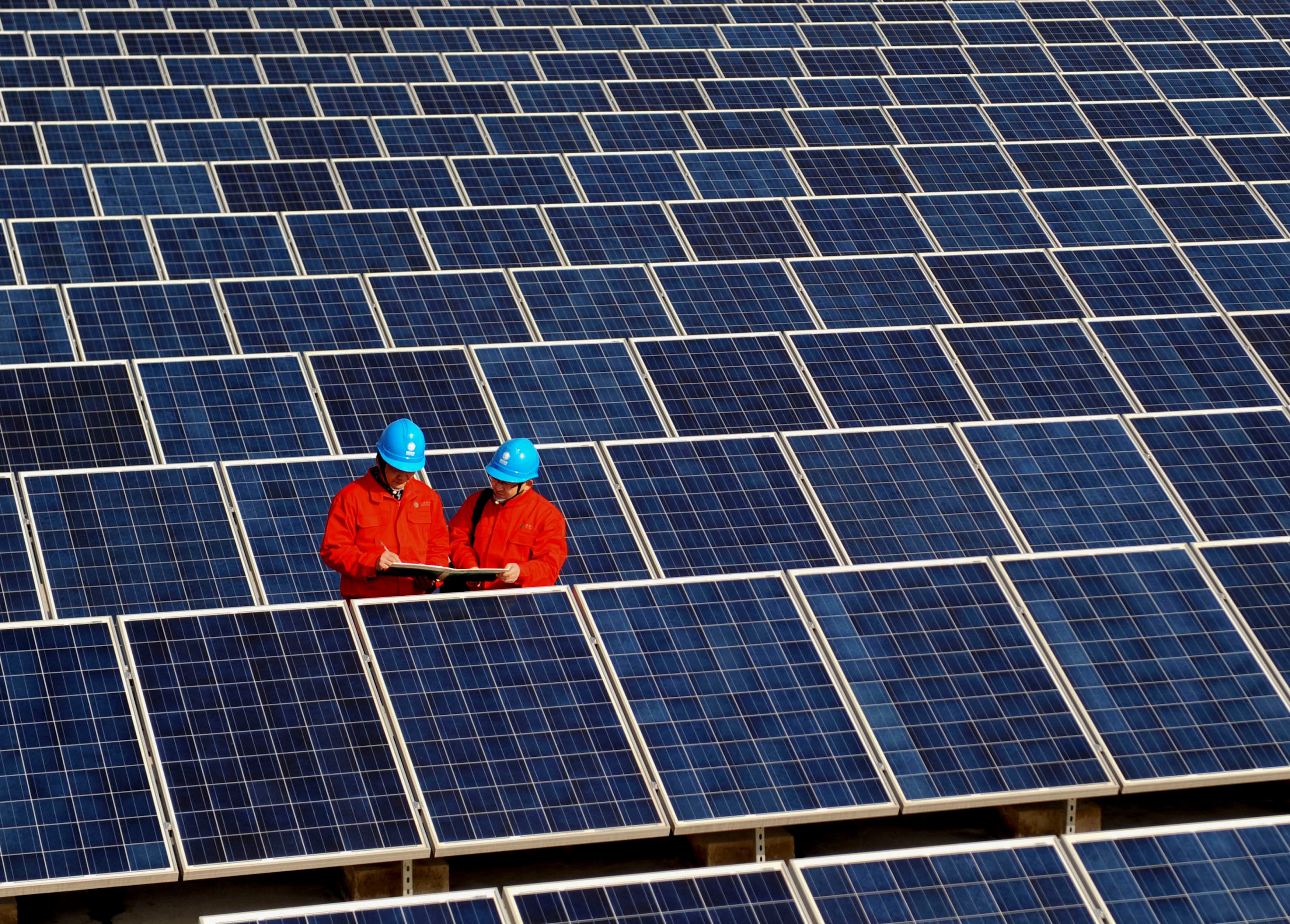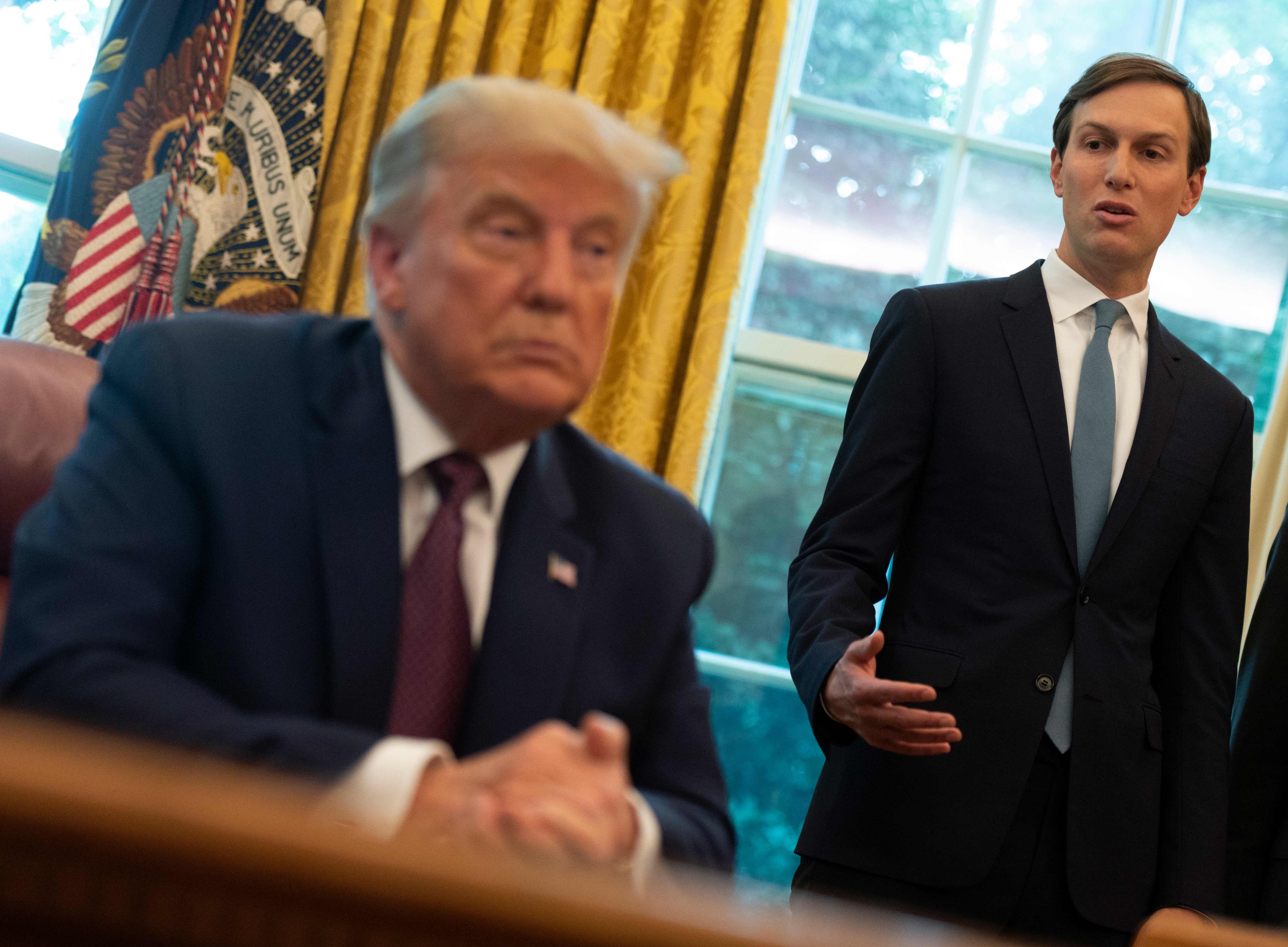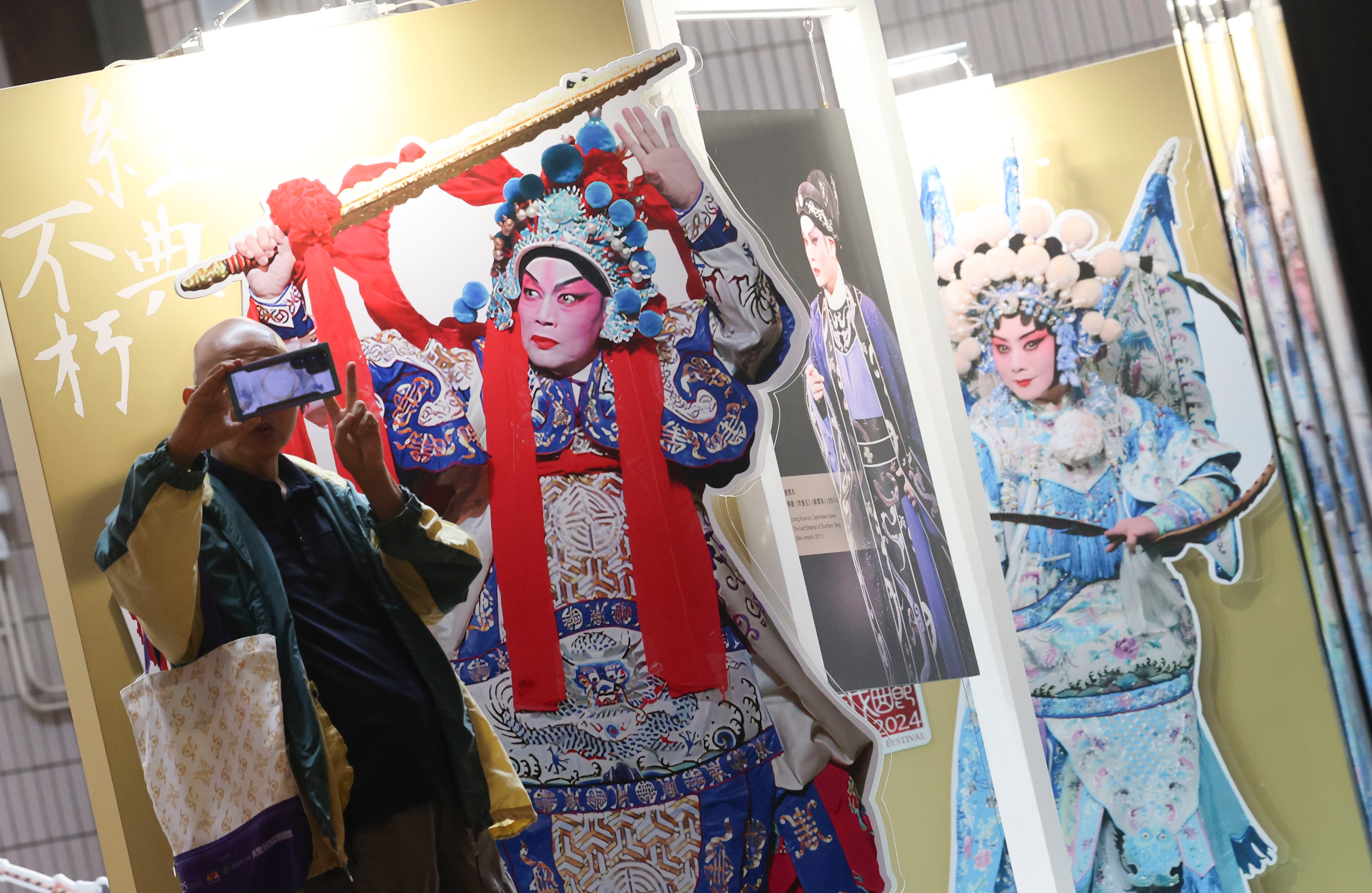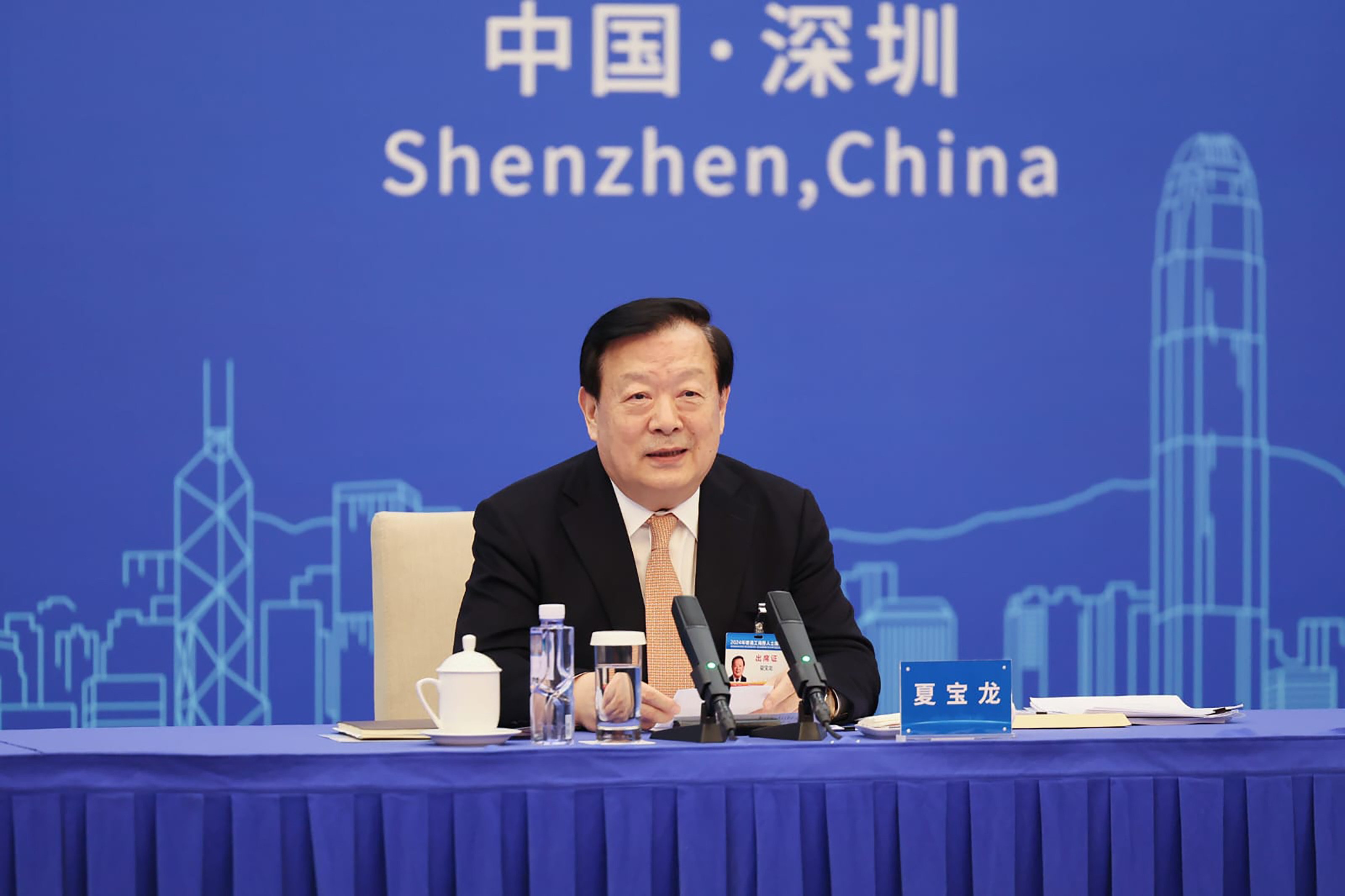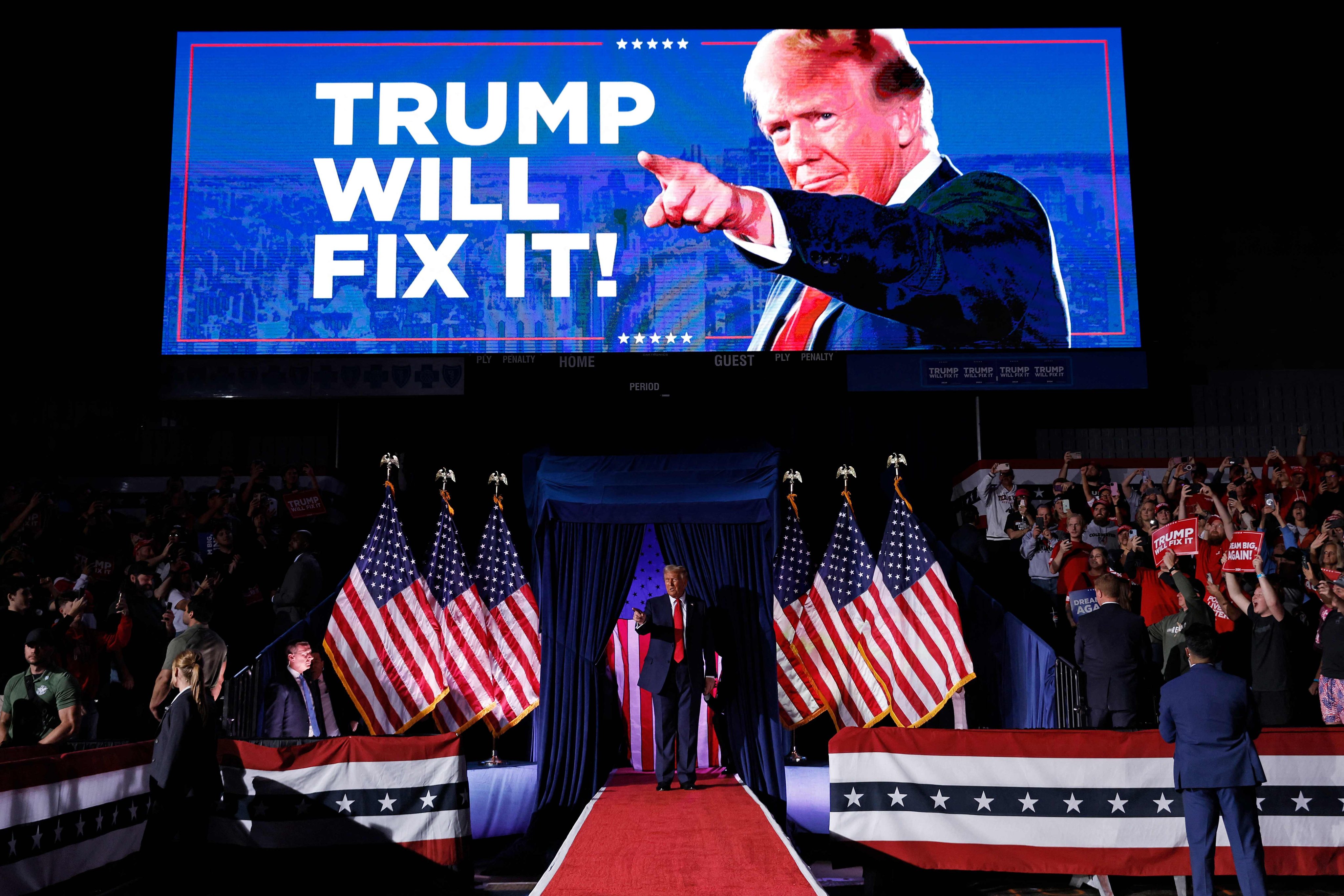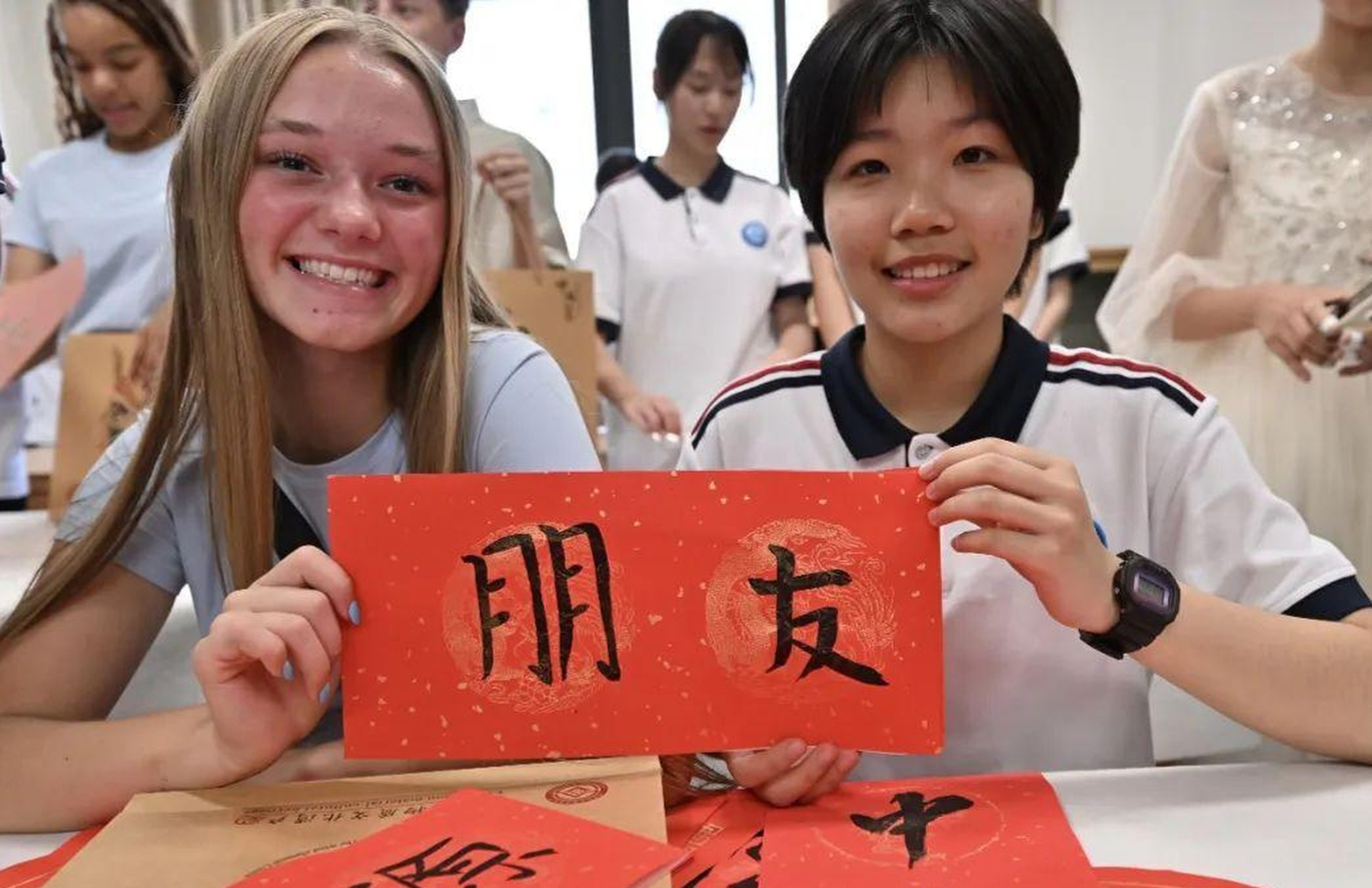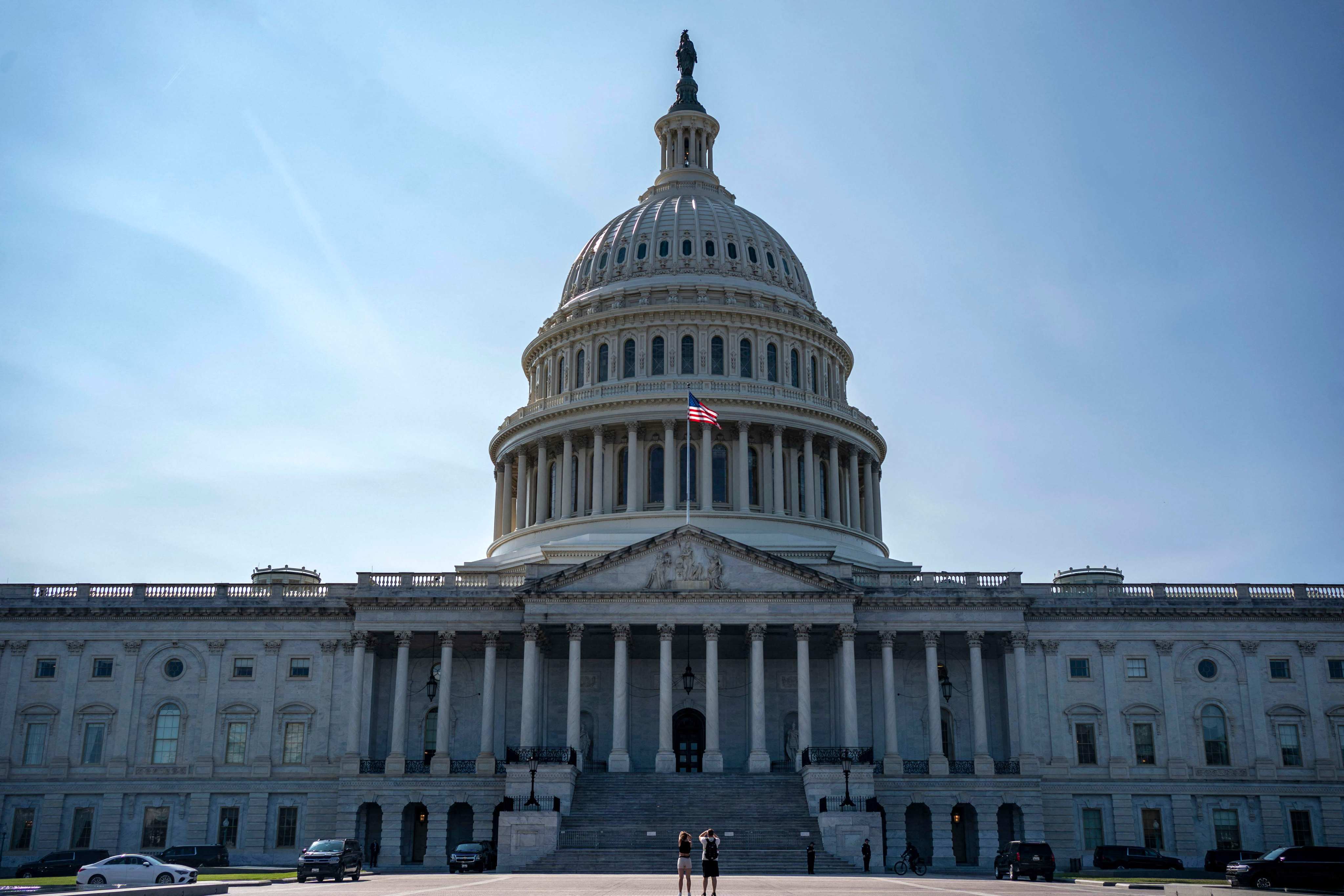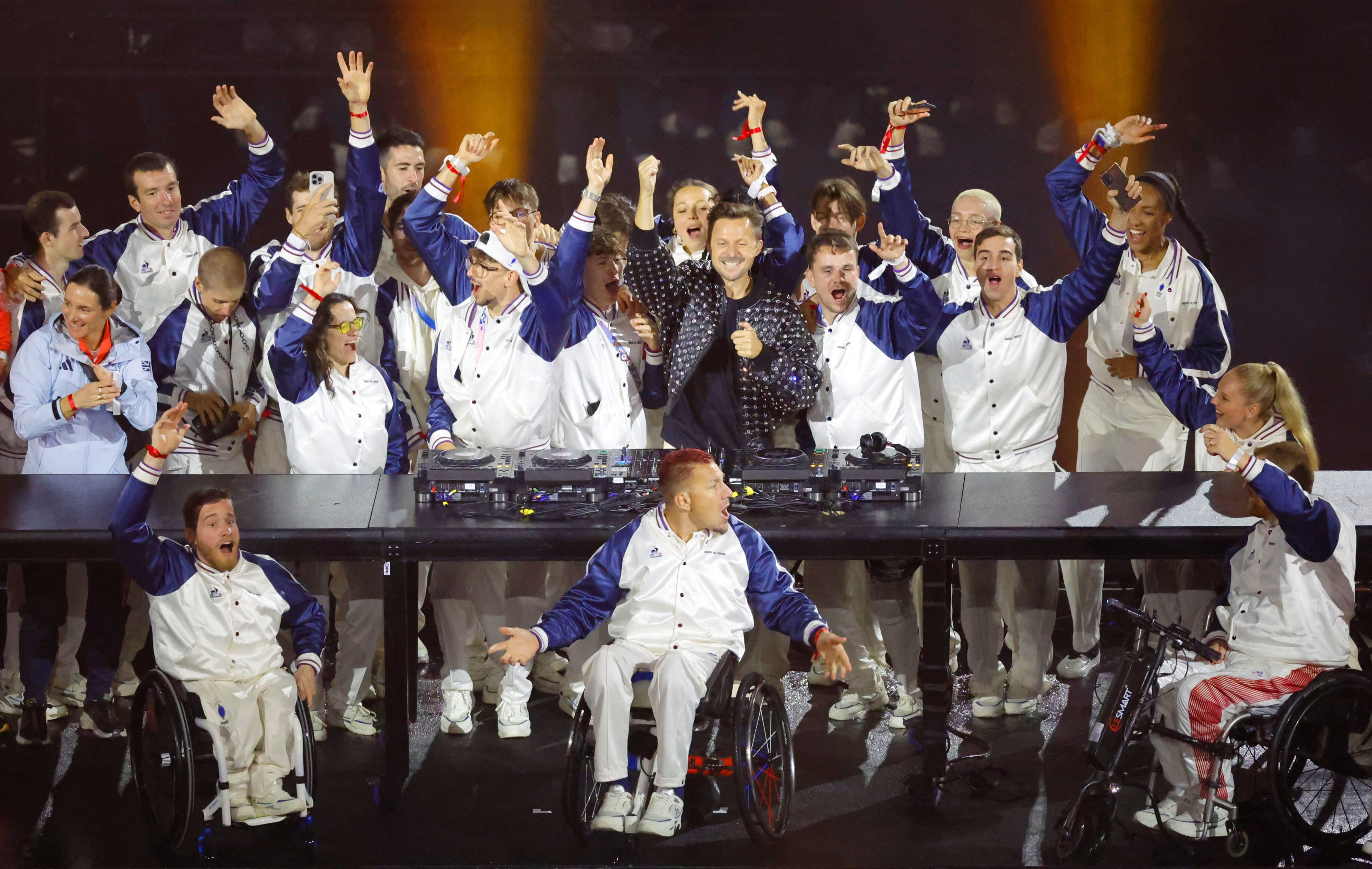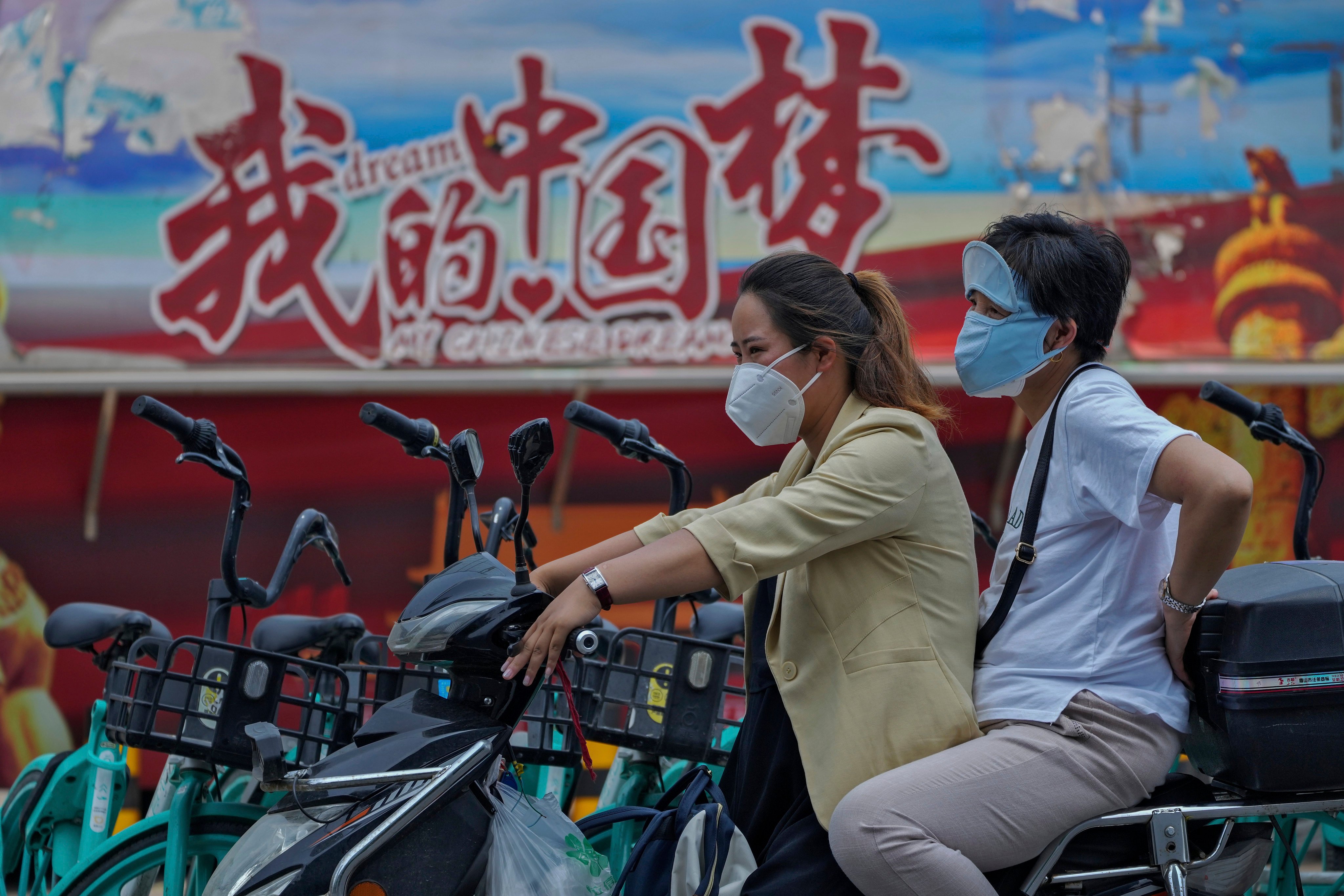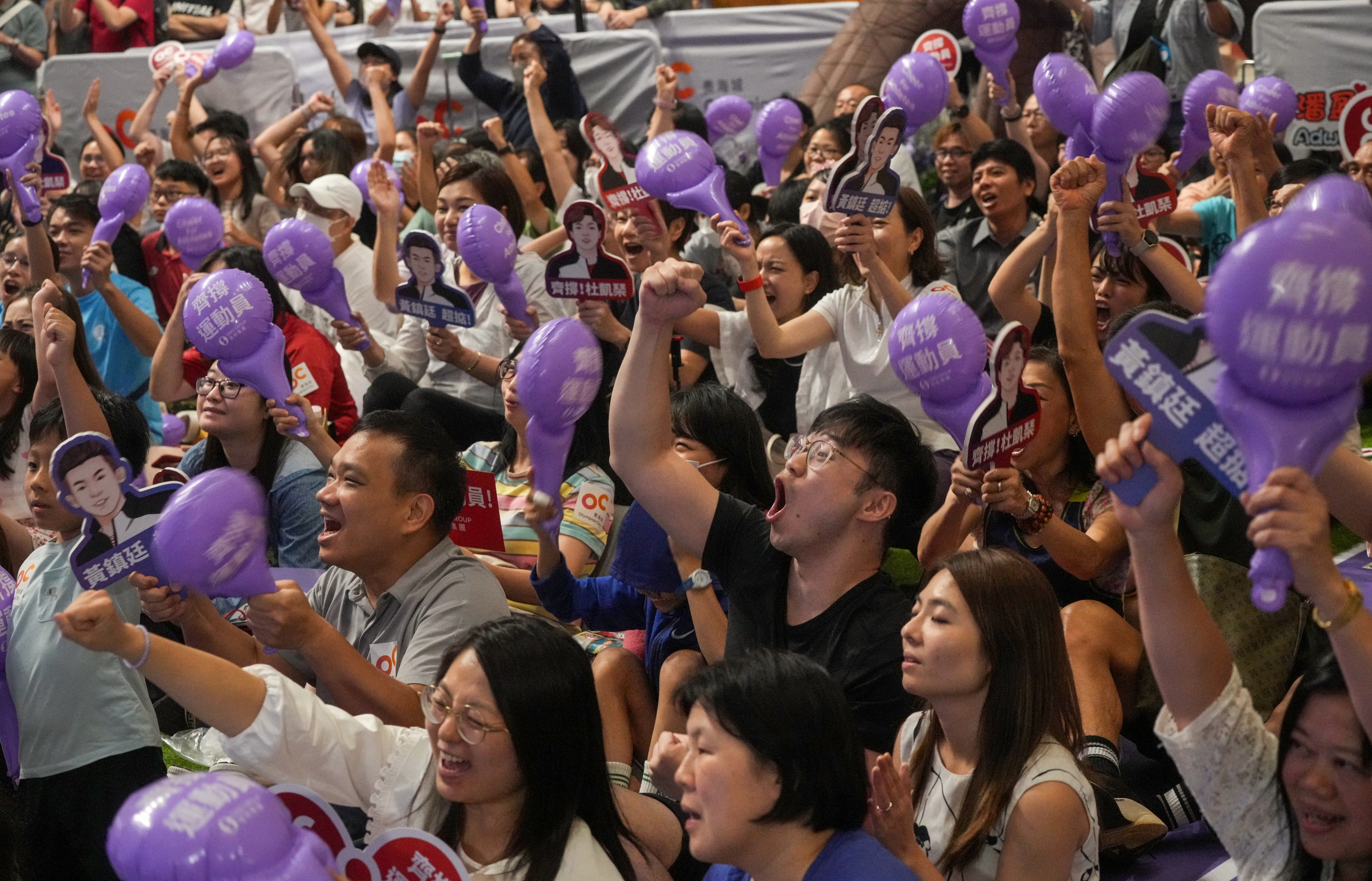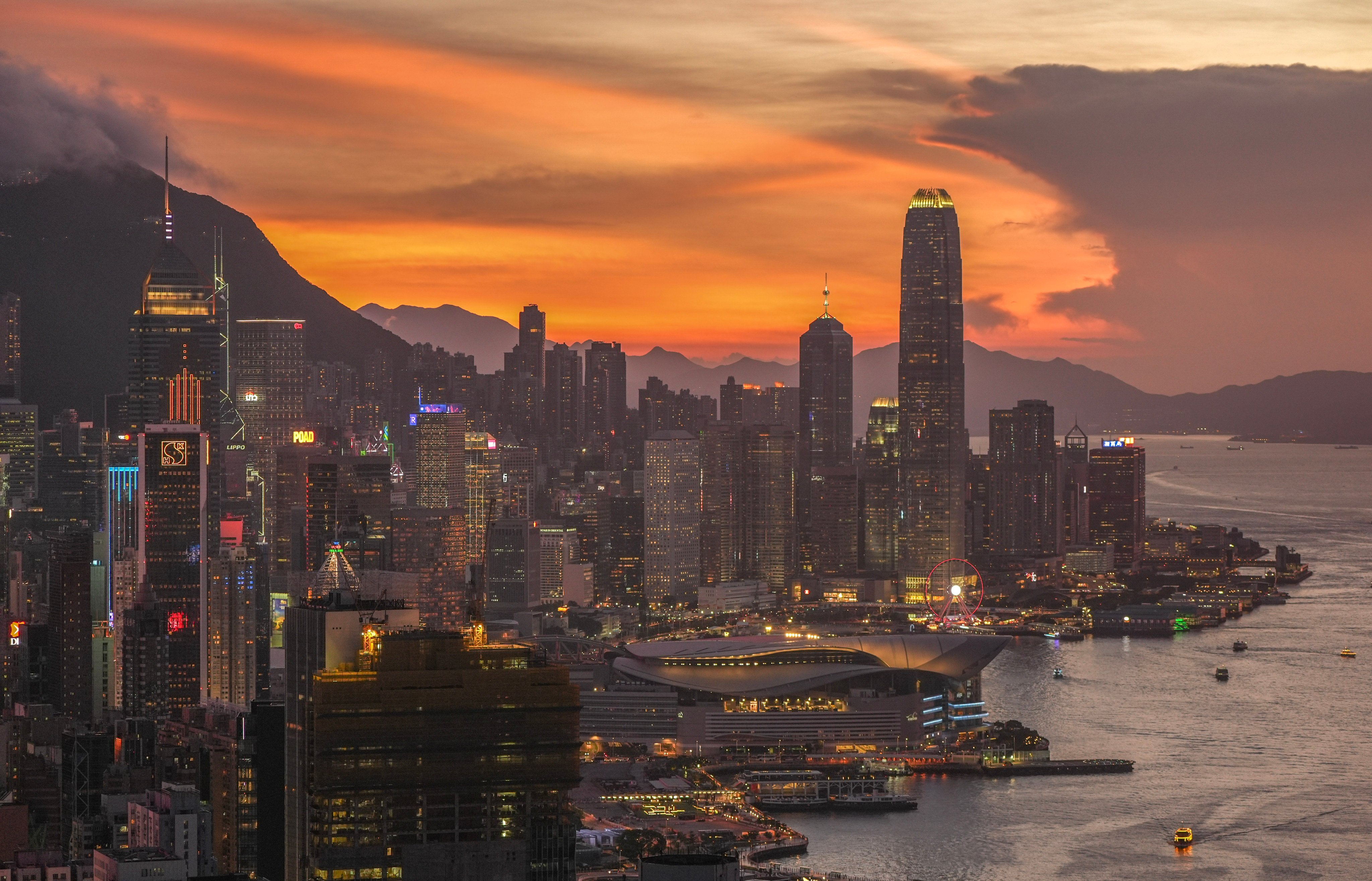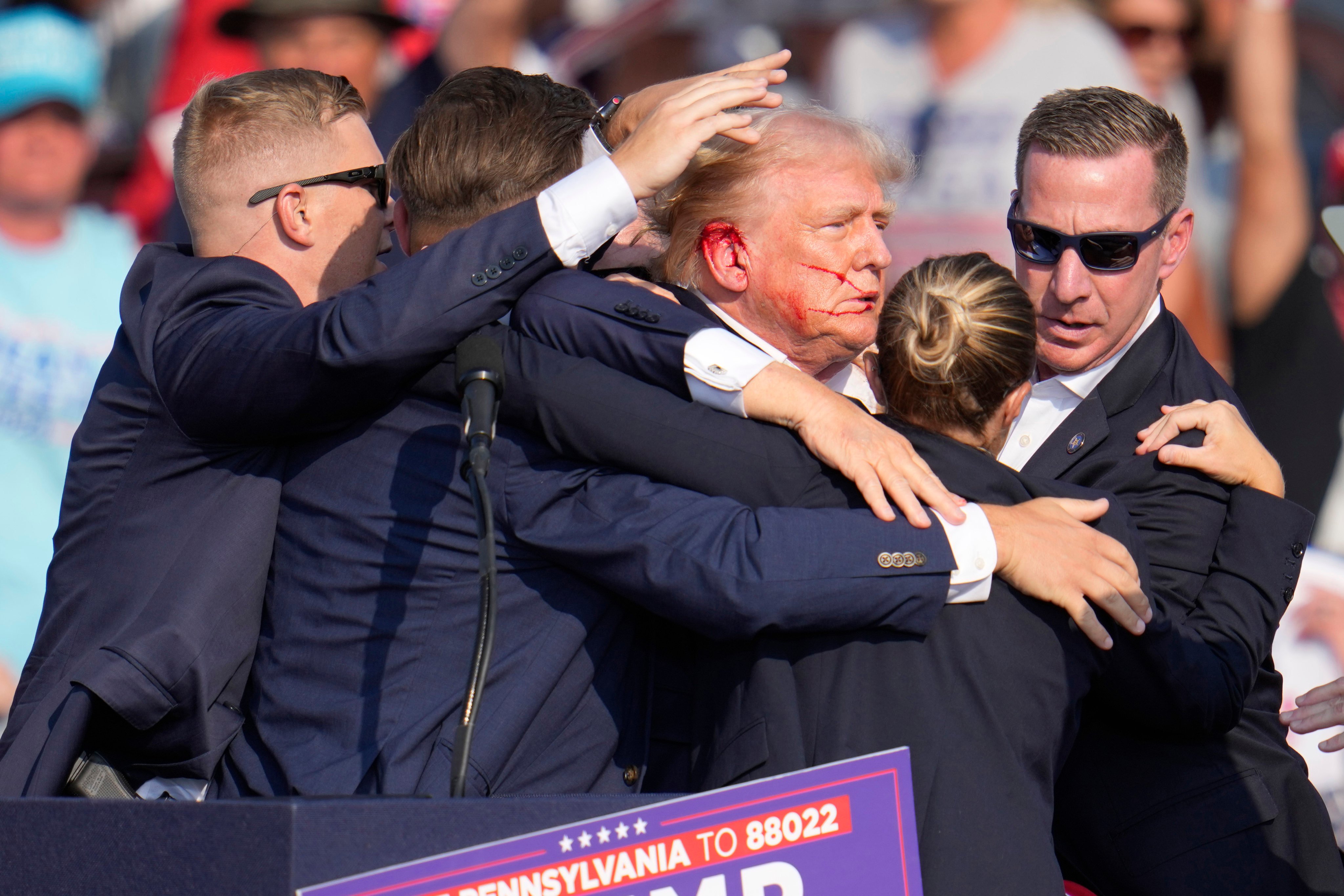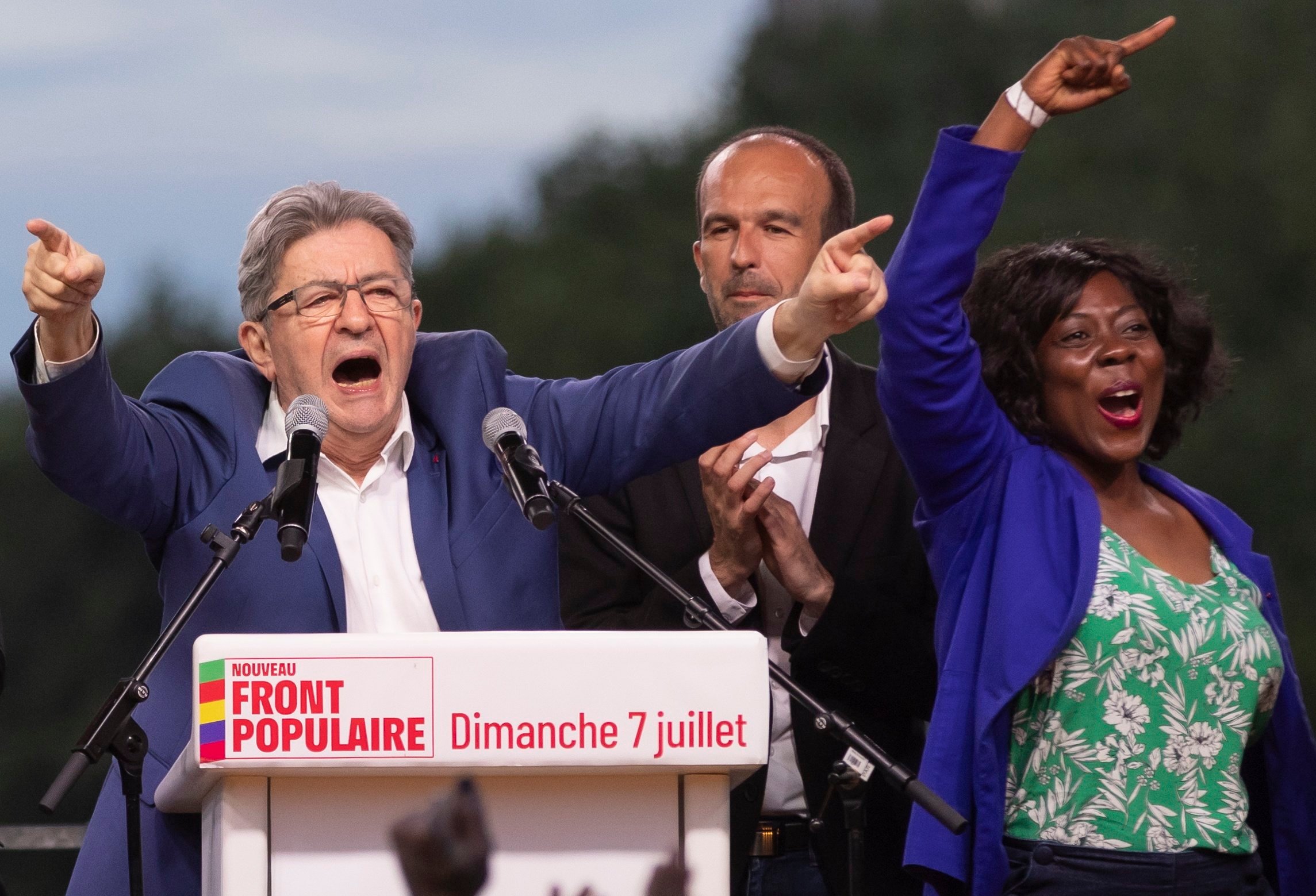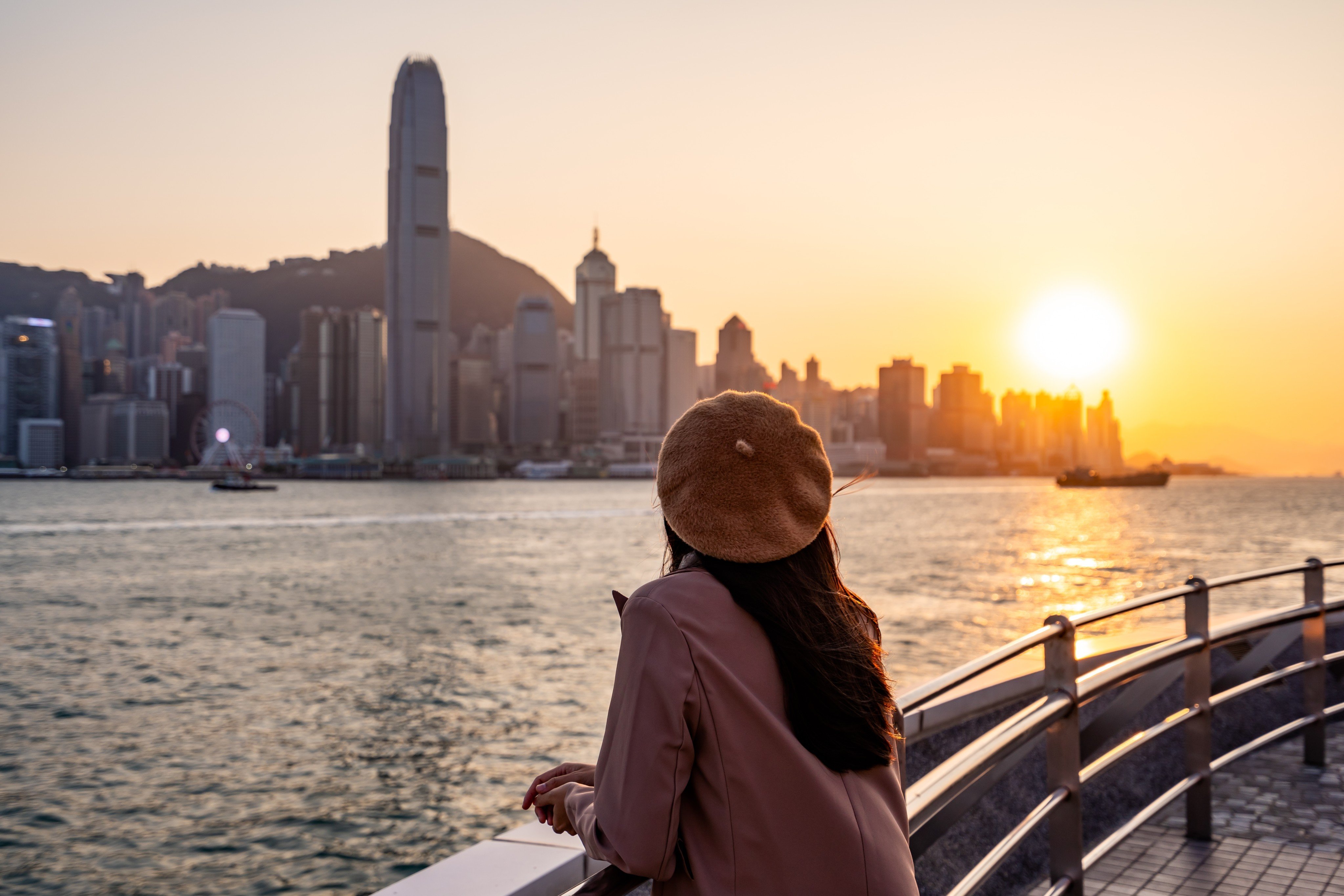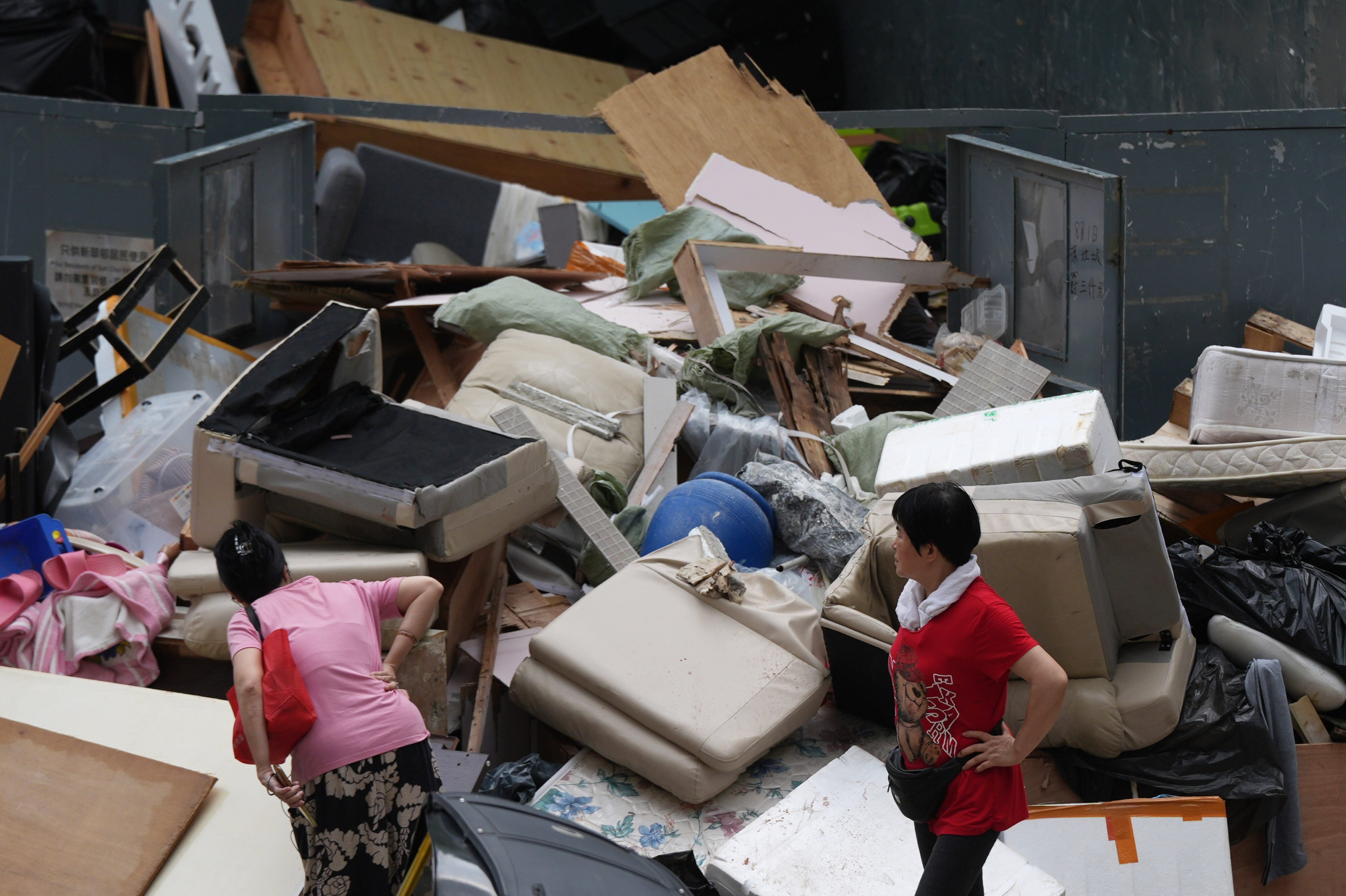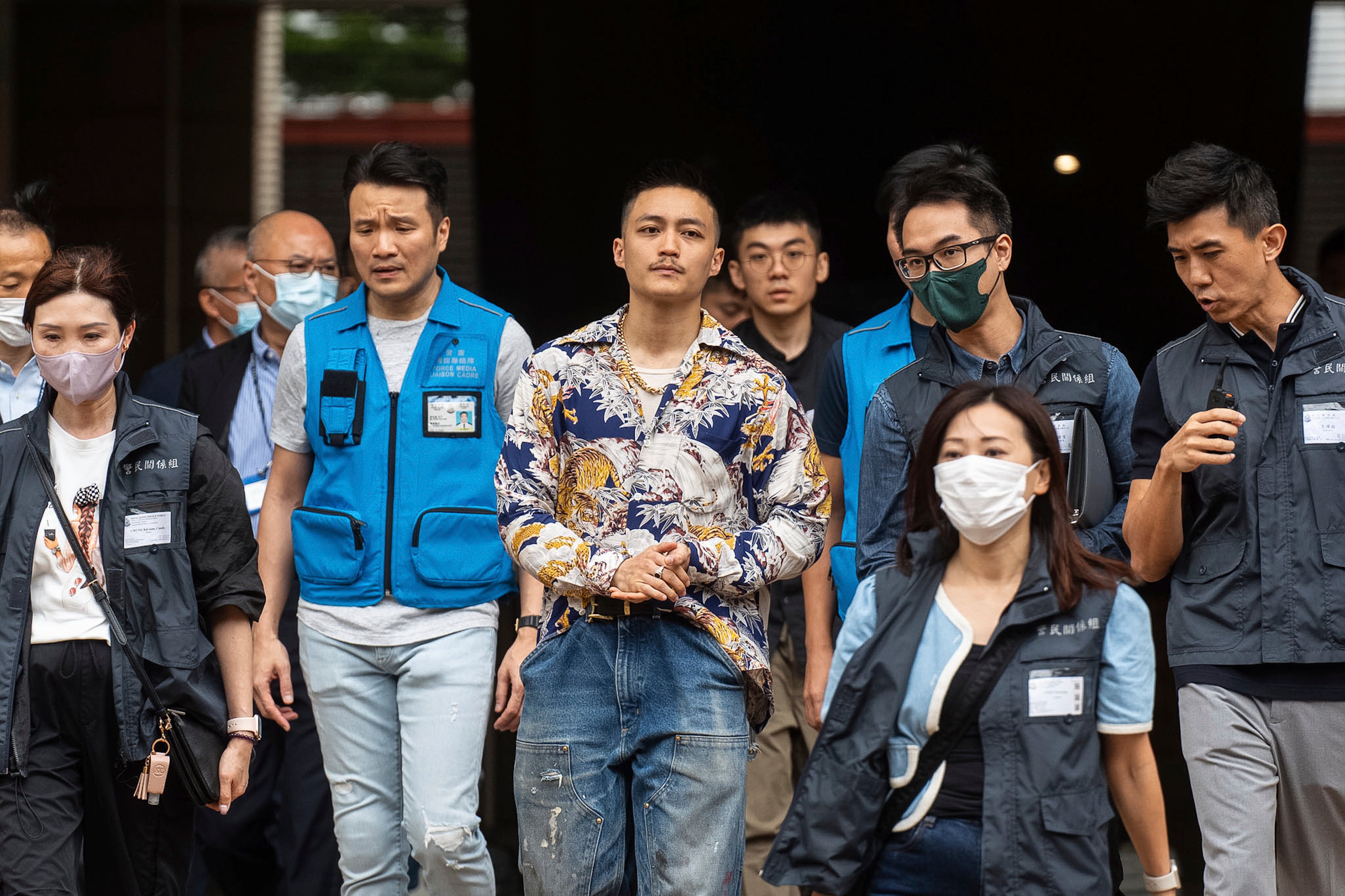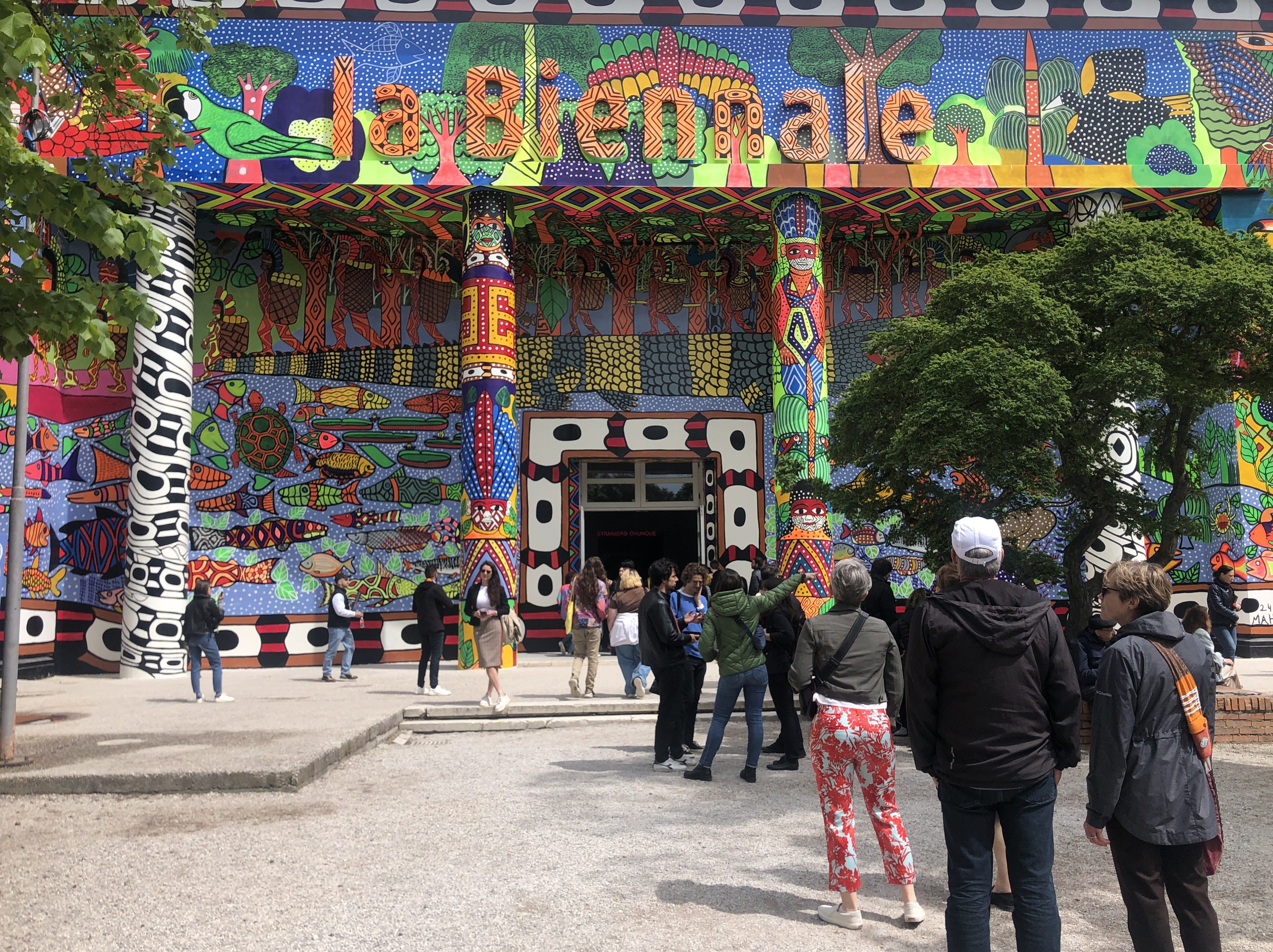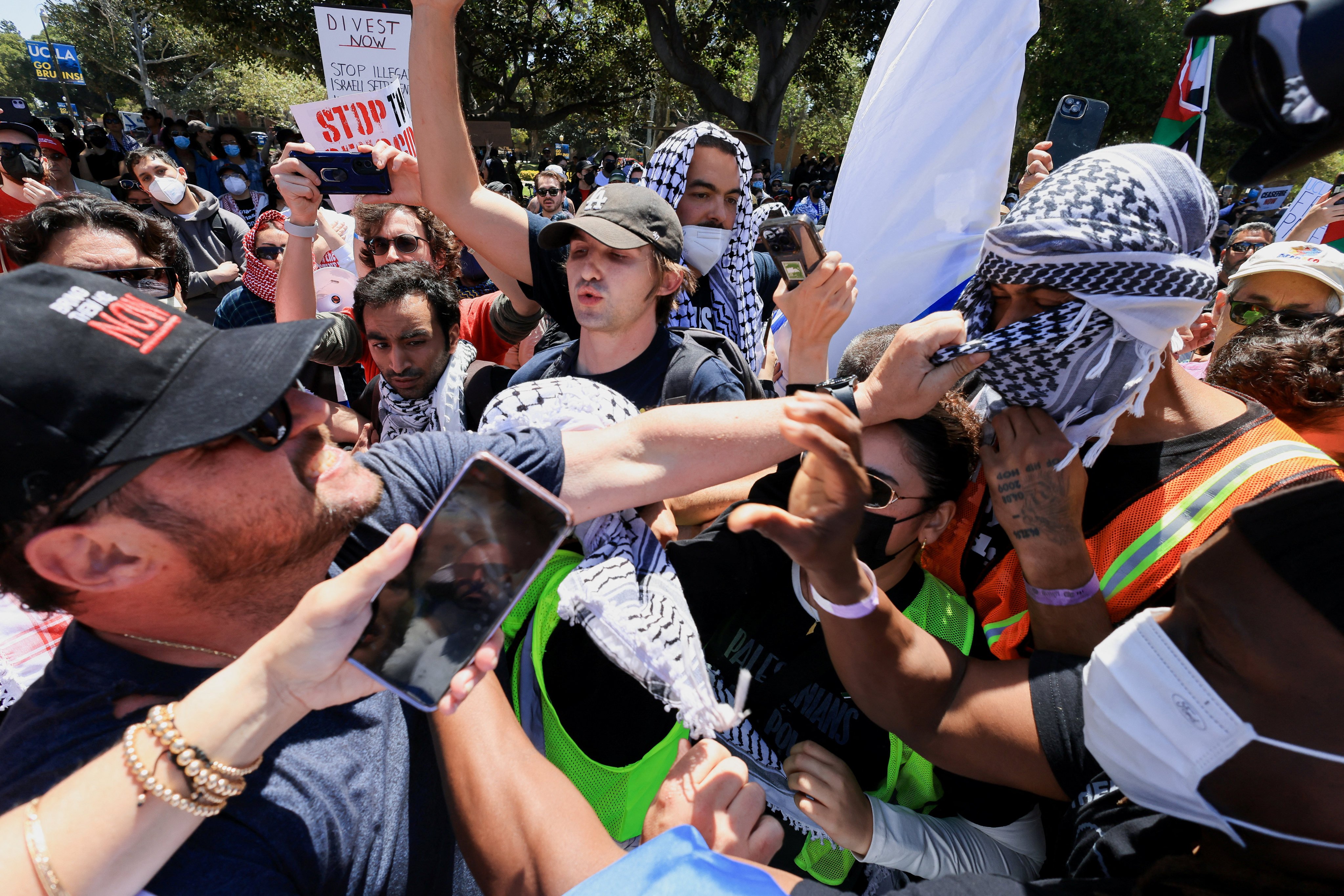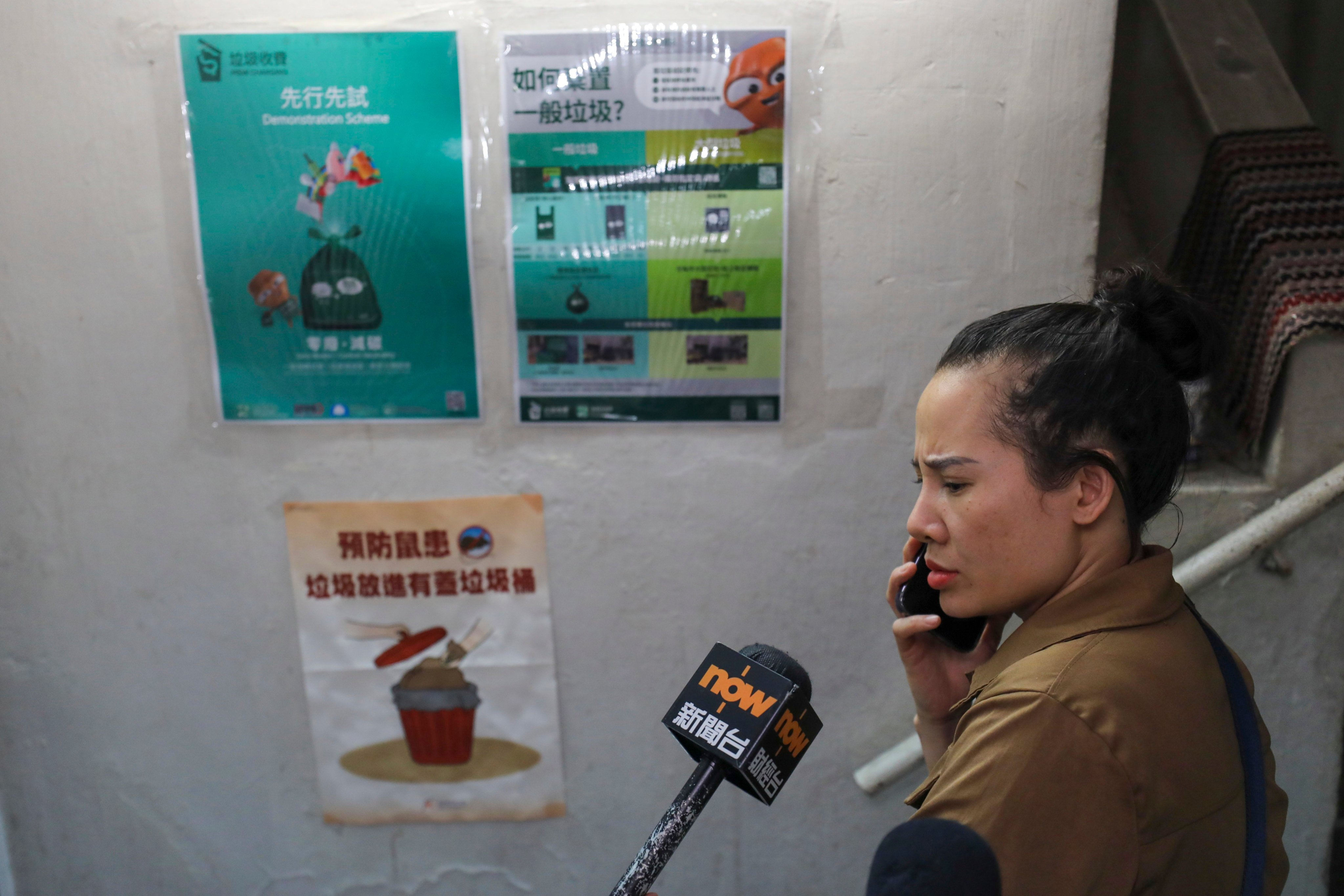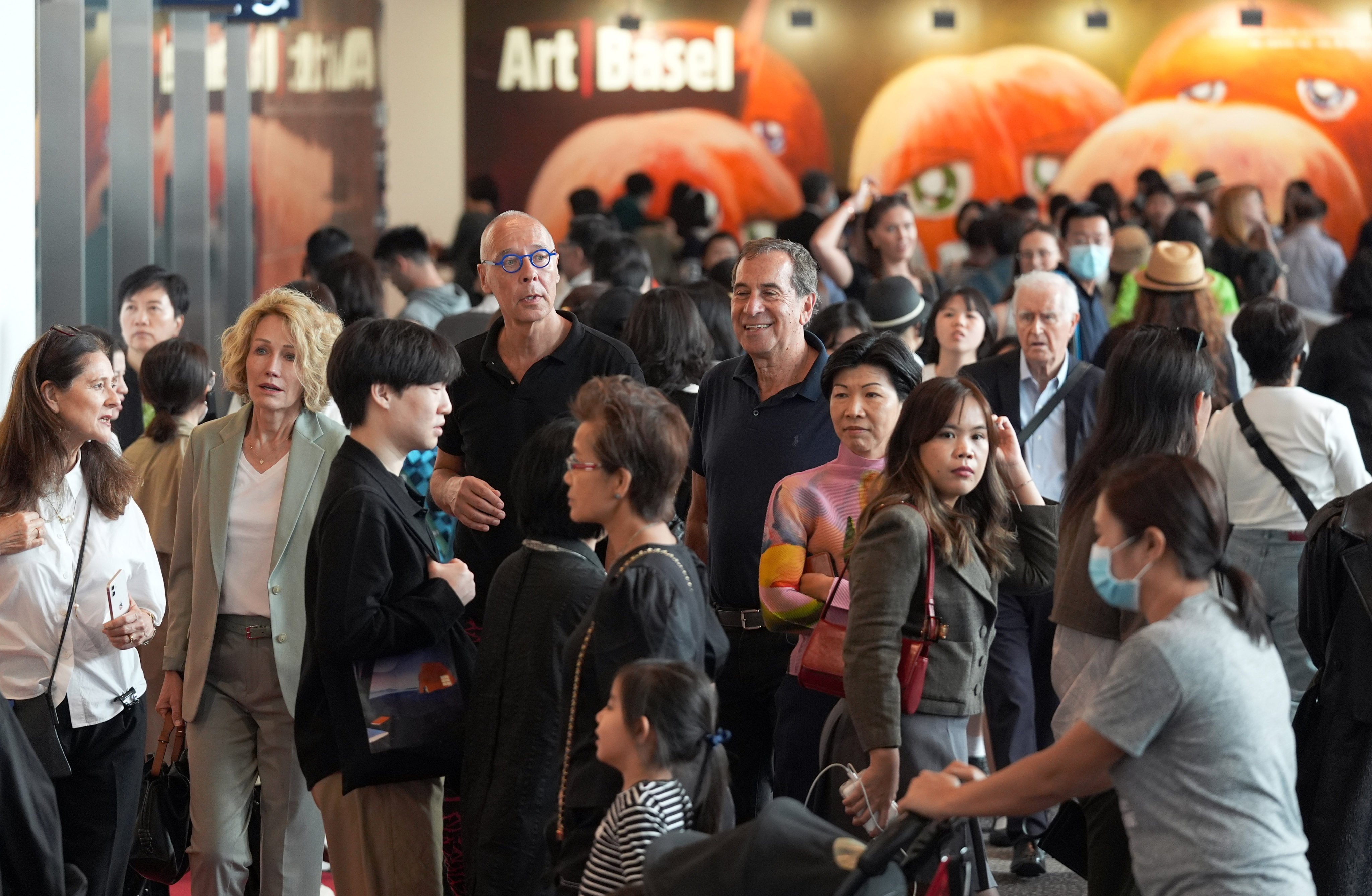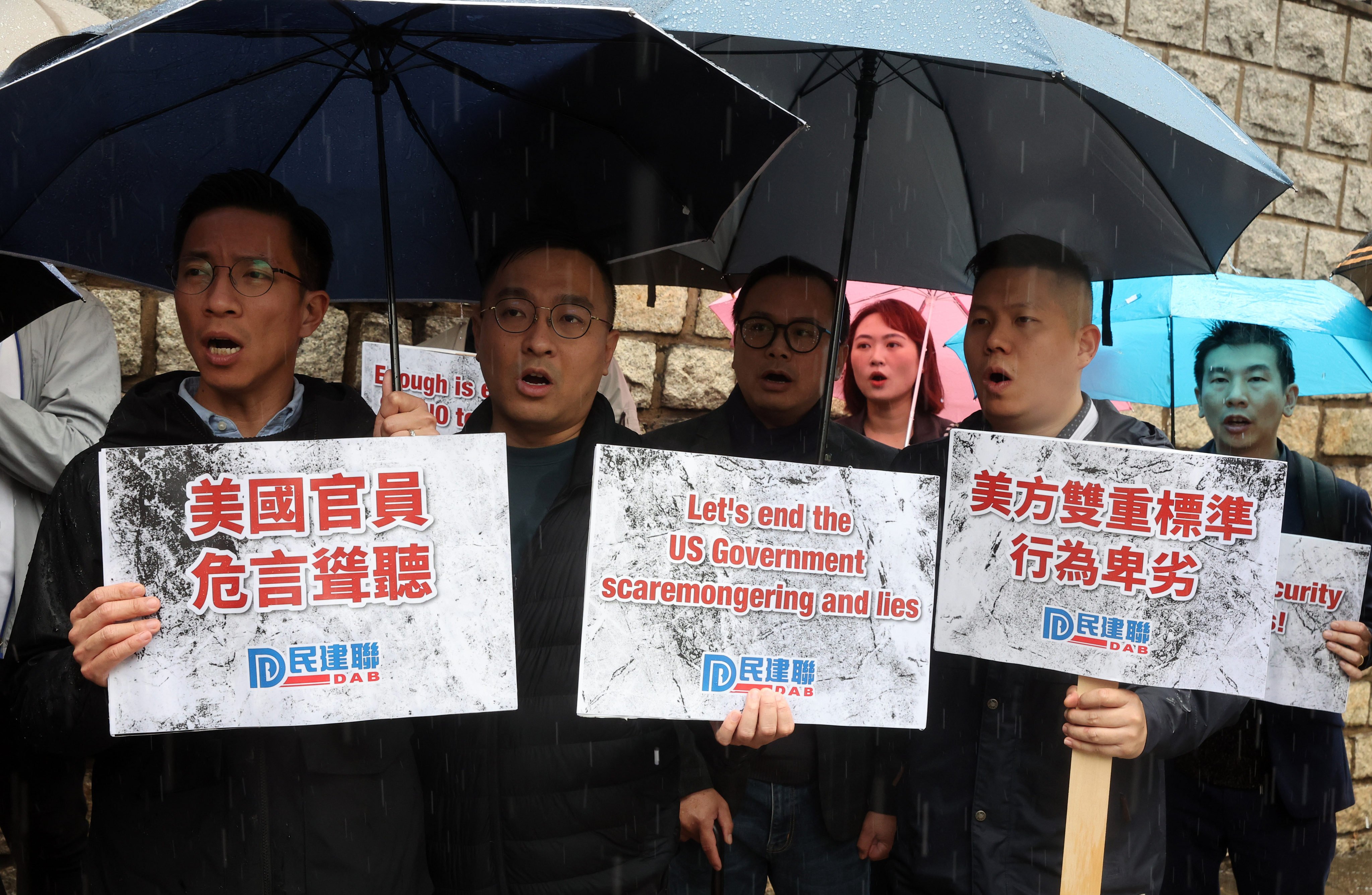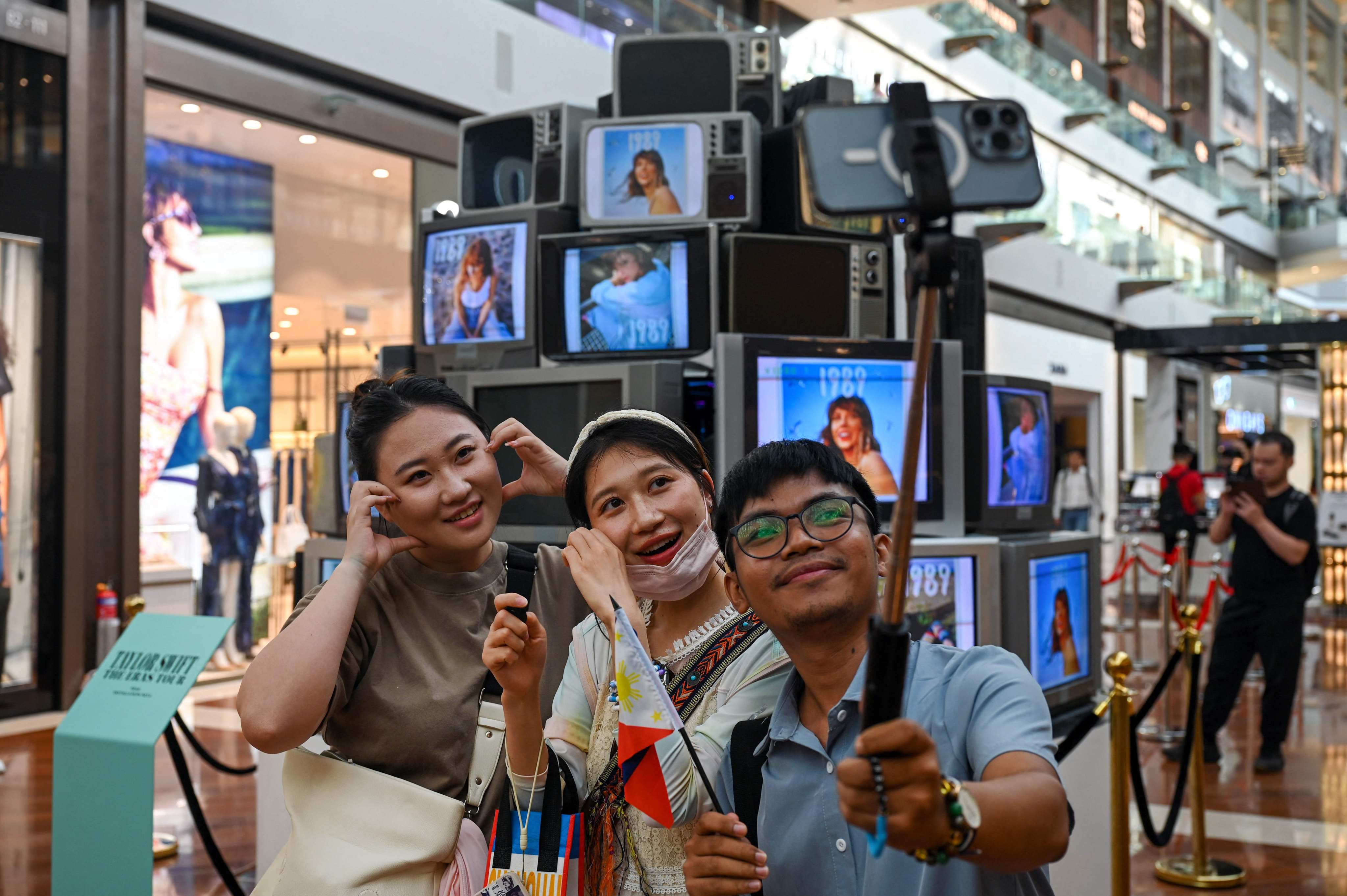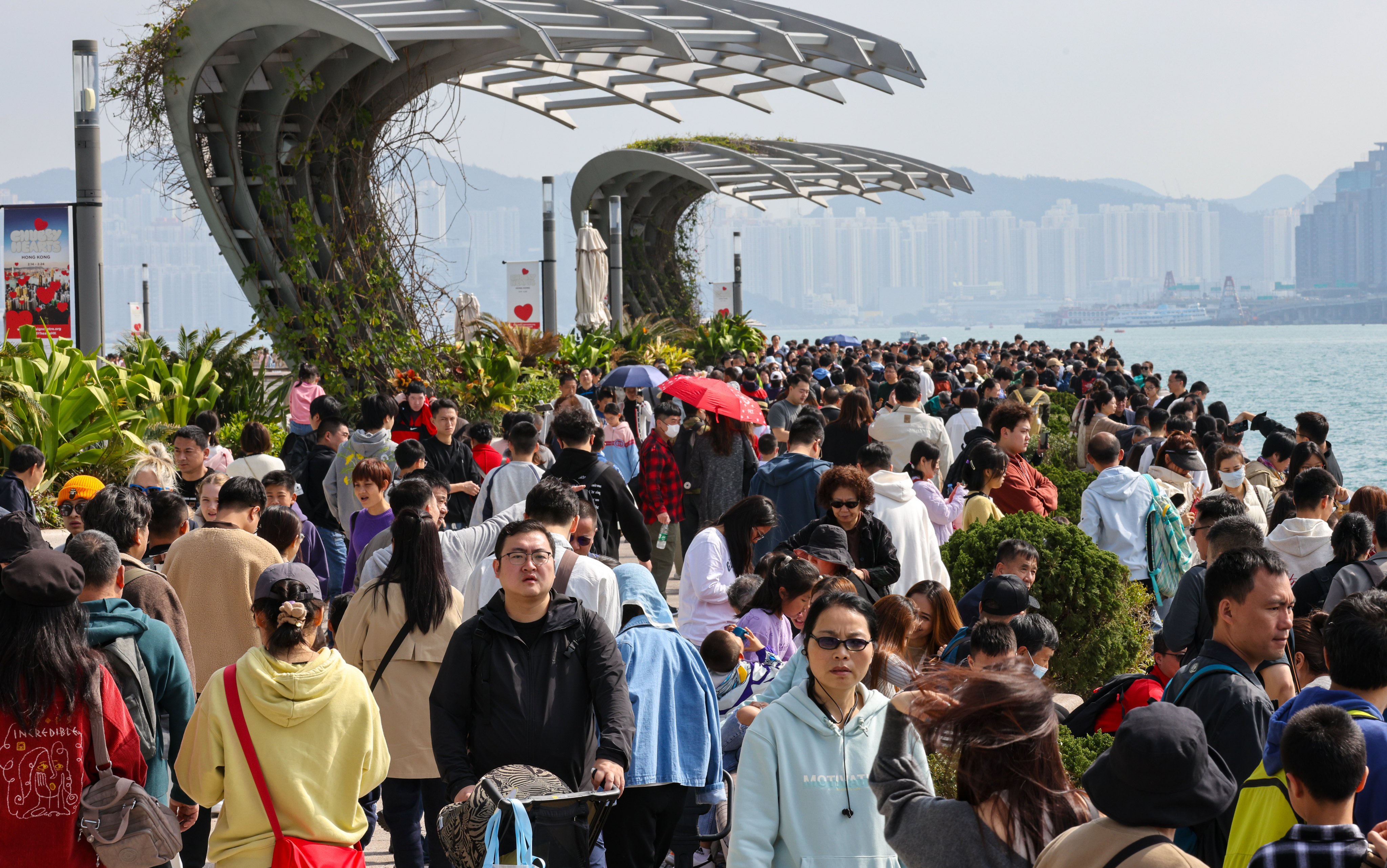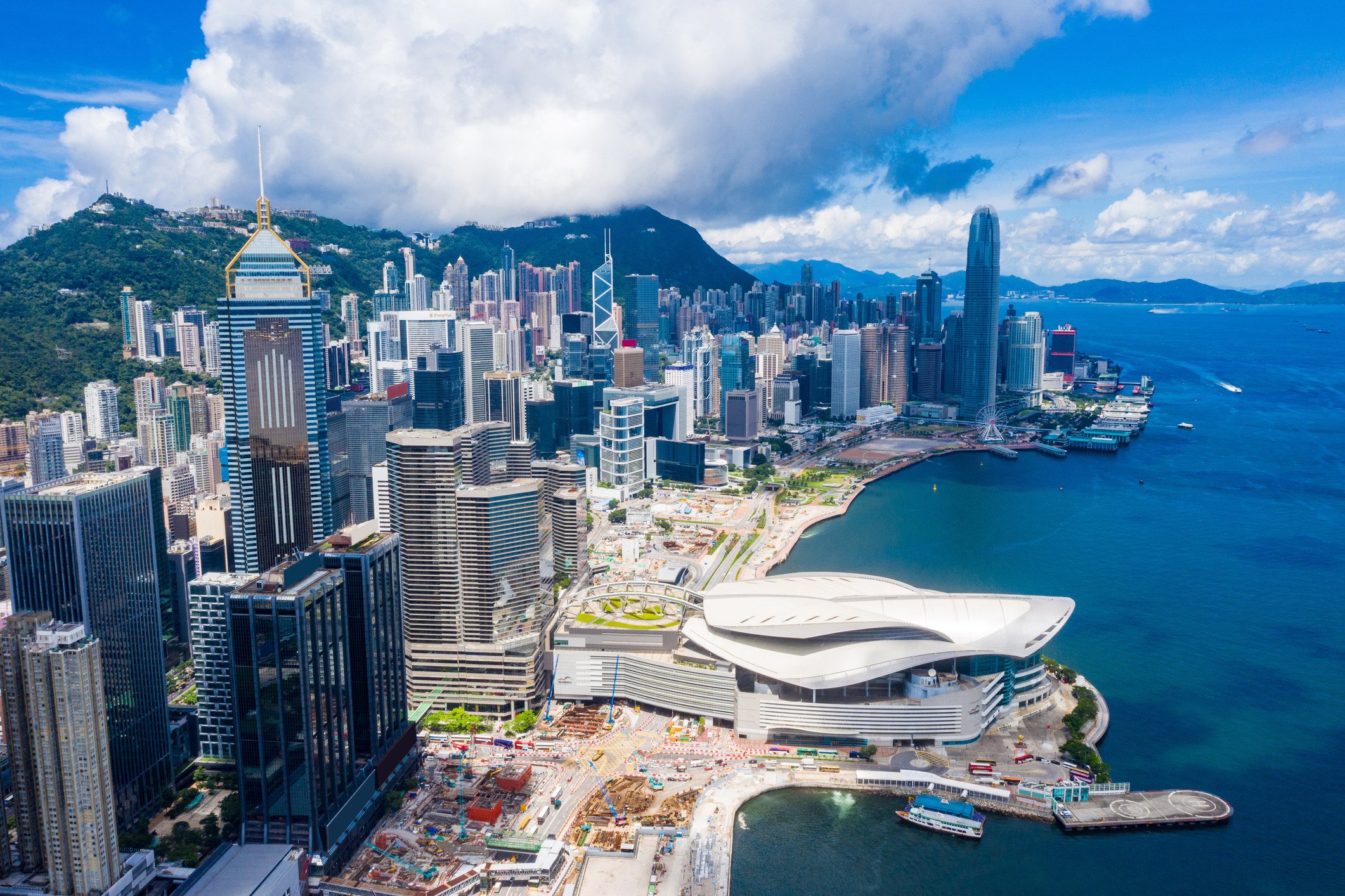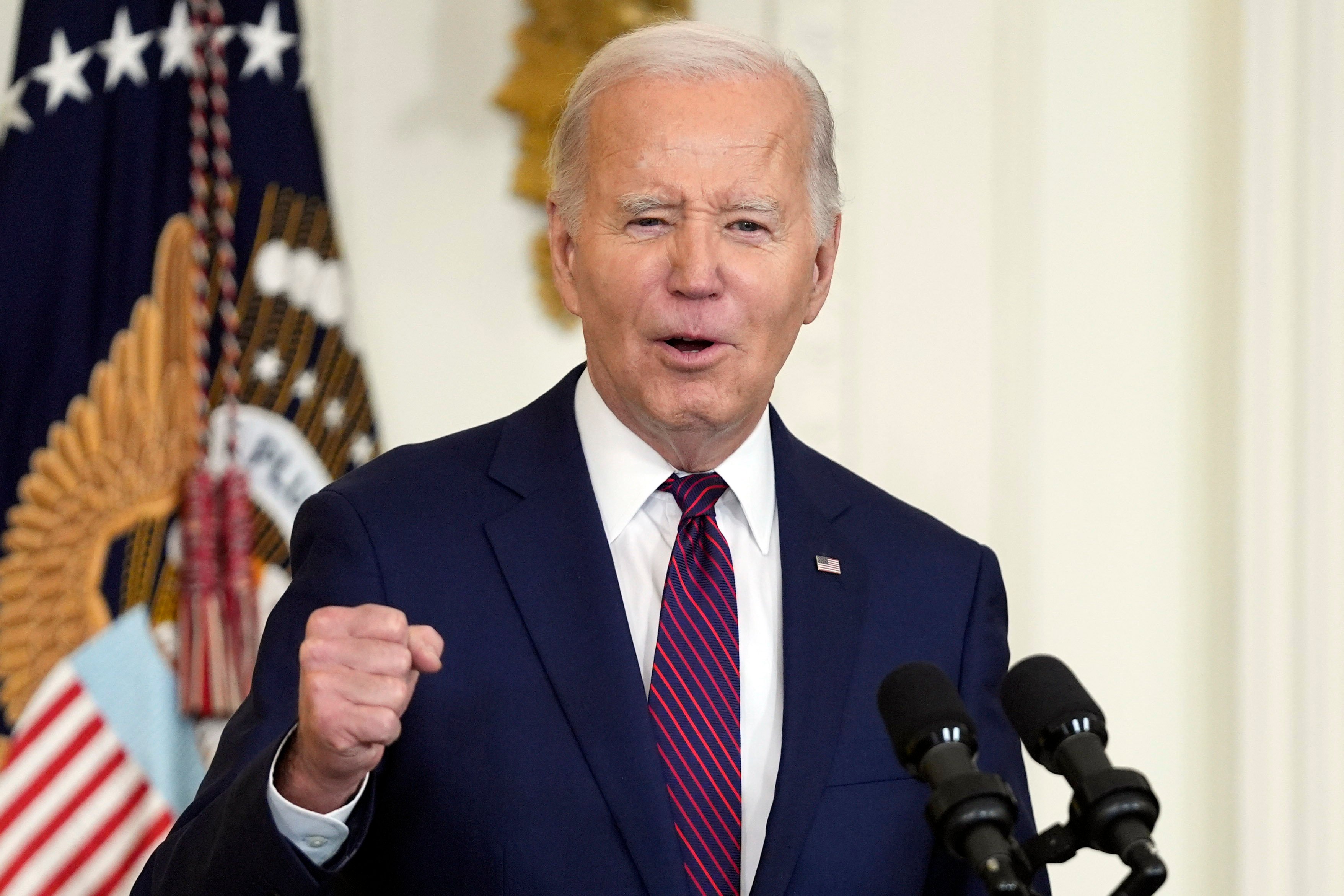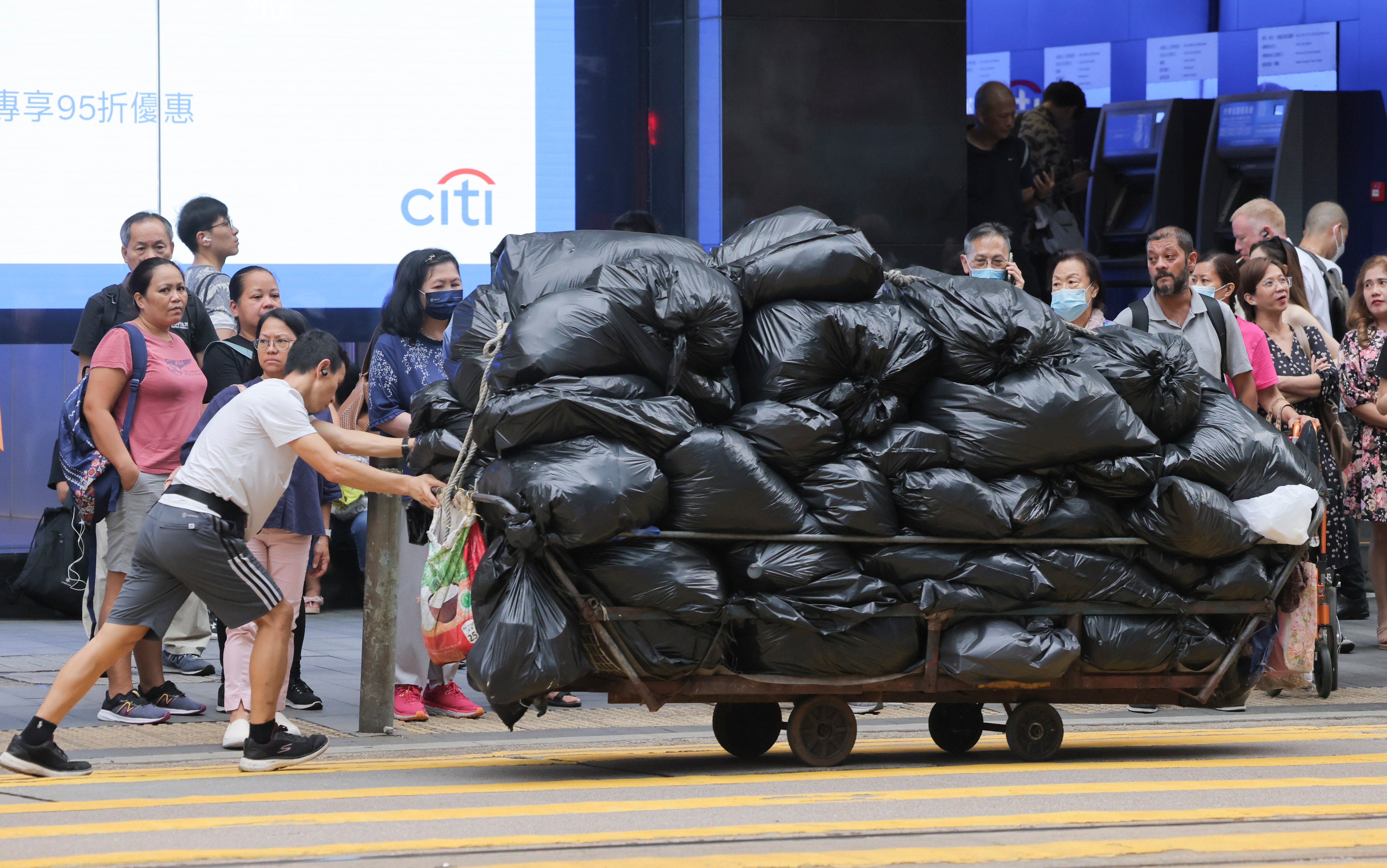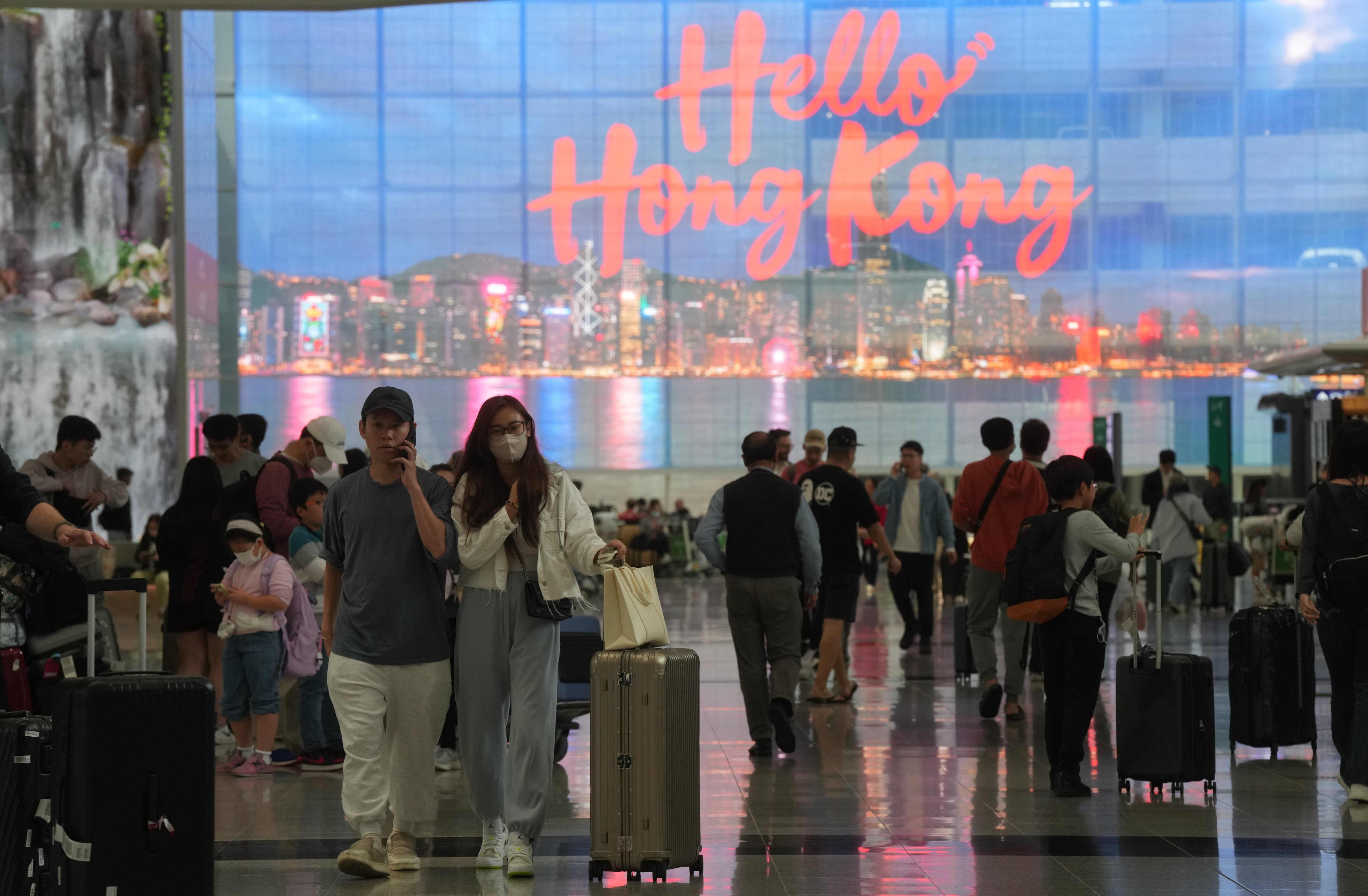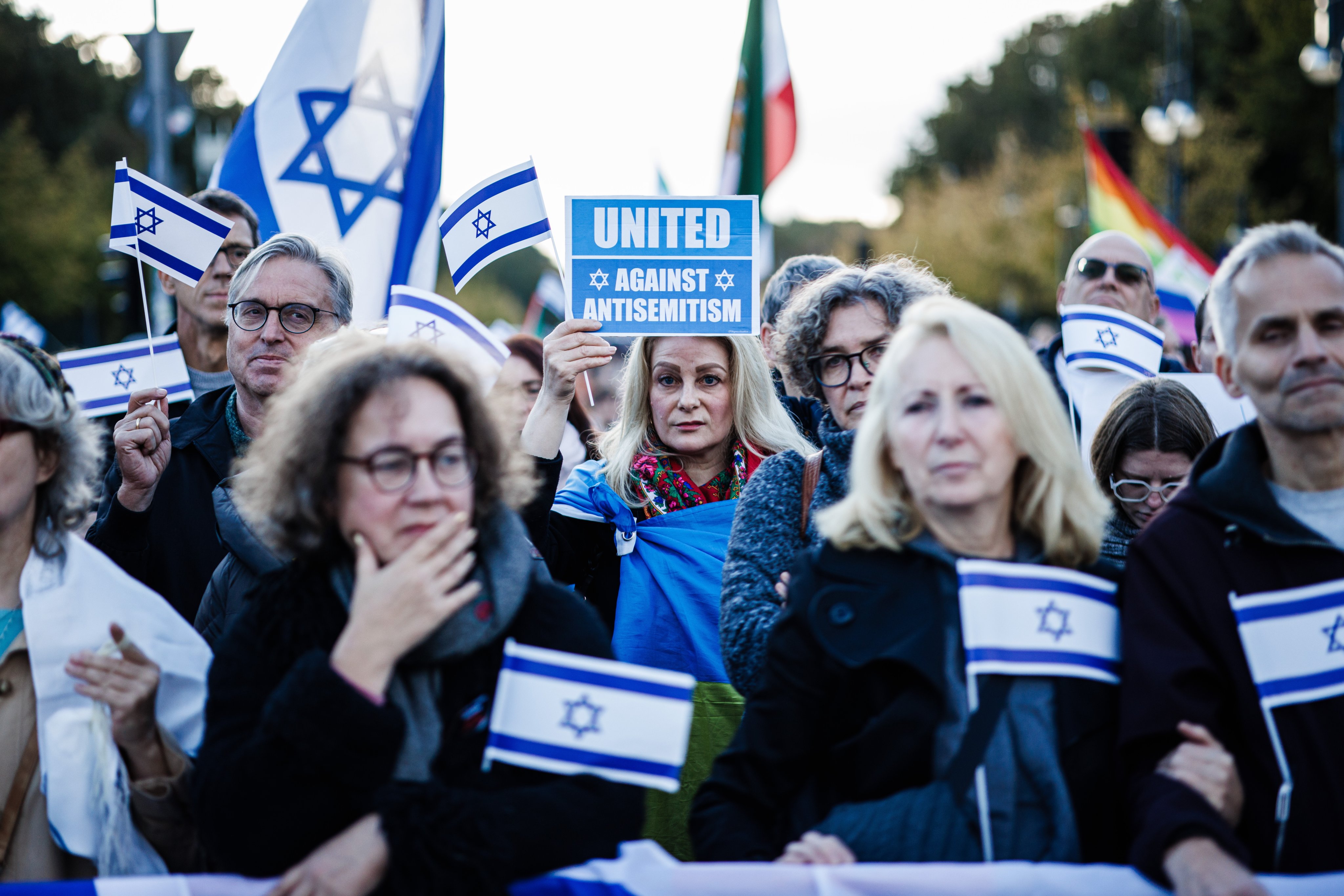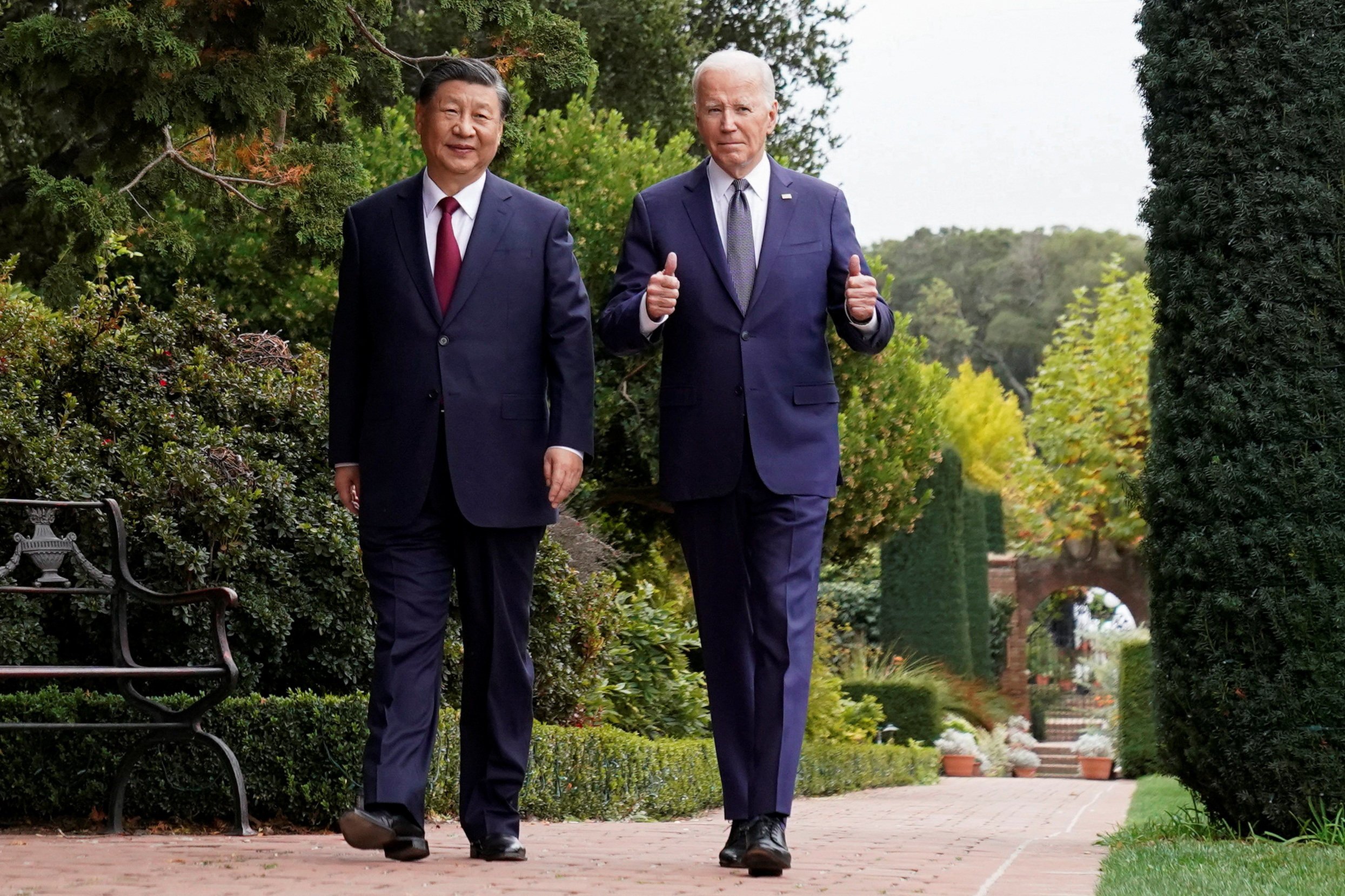Advertisement
Advertisement
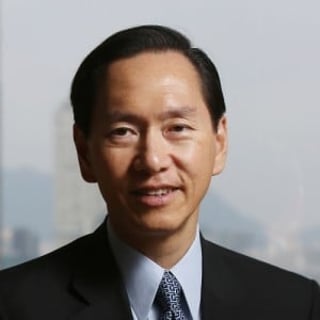
Bernard Chan
Bernard Chan, born in 1965, is a Hong Kong businessman. He is vice-chairman of the West Kowloon Cultural District Authority board and chairman of the M+ board. The grandson of Chin Sophonpanich, the late founder of Bangkok Bank, he is a former convenor of Hong Kong's Executive Council.
New reforms for a unified national market, including addressing unfair competition, will rein in unchecked competition and the damage it is causing.
US missteps like Biden pardoning his son are a reminder to uphold the high standards Hong Kong and the ICAC have diligently worked to establish.
The city must communicate a clear vision that highlights Hong Kong’s unique position as a cultural East-West bridge.
It’s easy to overthink it but the message is this: embrace challenges, collaborate to seize chances to make profits and a positive impact.
Advertisement
Trump’s ‘America first’ stance has led some to wonder if traditional American values still apply. The answer is crucial to shaping the US’ future.
Protesters at my US alma mater chose confrontation over discussion, a reminder of the trauma of 2019, from which Hong Kong still suffers.
We need young people who genuinely understand the differences between the two ideologies and how to navigate those divergences collaboratively.
From a ‘China Week’ of anti-Beijing bills to targeting Hong Kong’s trade offices, the narrative is harming Asian-Americans and US businesses.
The new norm of navigating good and bad news simultaneously reminds us that what truly matters is how we choose to respond.
Growing income inequality is a global problem as pressing as climate change. Creative interventions, anathema to the West, deserve a chance.
Geopolitics and cheating allegations aside, the Games also stirred up pride in athletes and wonder at the remarkable achievements.
While the government has urged people to tell the world good stories about Hong Kong, we must be frank about the city’s challenges too.
Inability or unwillingness to engage in dialogue, compromise and recognise shared interests can foster an environment ripe for radicalisation.
Given the UK, France election results and coming US vote, geopolitical challenges will persist with Hong Kong’s traditional trading partners.
The government and private sector should align their messaging to speak to the evolving needs and preferences of today’s travellers.
Every society that introduced waste charges faced difficulties. But sustainable waste management is critical and cannot be postponed indefinitely
Whatever US officials and think tanks have to say of Hong Kong’s autonomy, the city’s courts continue to follow due process. Americans who travel to Hong Kong in spite of a recent heightened alert will realise they are much safer in the city than in their own country.
Almost 20,000 visited the Hong Kong pavilion in its first two weeks, a positive reception that reflects the city’s growing sphere of influence in international contemporary art circles.
Student protests across more than 25 US universities over the Gaza war have turned violent with the police moving in. The situation presents significant challenges, with opinions polarised and deep divides among communities and families, like in 2019 Hong Kong, where the healing has yet to truly begin.
Contrary to foreign popular opinion, the Hong Kong public and media remain critical of government matters, from waste charging to the ‘Night Vibes’ campaign.
The soft power of arts and culture transcends borders, influencing perceptions and fostering goodwill without the need for political or economic leverage. The inaugural Hong Kong International Cultural Summit played an essential role in attracting visitors and countering negative perceptions.
While London battles a crime spree and soldiers guard the New York subway, politicians in the West choose to target law and order in Hong Kong, one of the world’s safest cities, rather than deal with problems at home.
Superstar line-ups that improve the city’s image and boost tourism are very desirable but how happy would Hongkongers be if millions were poured into a single event, as Singapore has done with Swift’s tour and F1?
Hong Kong’s stock market and tourism industry have taken a battering while the wealth gap is widening. However, the economy has returned to expansion and the city is uniquely positioned to reap the benefits of Asia’s rapidly expanding middle class.
Hong Kong has grown complacent, relying heavily on the opportunities and financial gains facilitated by our close mainland ties, leaving us vulnerable. The city must recalibrate its trajectory.
Challenges such as echo chambers, deepfakes are changing the dynamics of the electoral process in many democracies. Time for politicians in the US, Britain and elsewhere to agree on the terms of engagement.
Even the success stories of Japan, South Korea and Taiwan took years to overcome their unique challenges to integrate waste management schemes into people’s lives.
If the new Capital Investment Entrant Scheme appeals to a broad mix of people from around the world, it will help strengthen our credentials as an international city. The drawbacks of such schemes, however, include wealth inequality, corruption risks, national security concerns and ethical considerations.
US university heads’ responses to queries on how they would handle calls for genocide have attracted criticism, while some have questioned whether fundamental freedoms are being protected in Hong Kong. The complex issues that surround freedom of speech today require open dialogue and deliberation.
US dialogue efforts, President Xi Jinping’s warm reception in San Francisco, including from business leaders, and China’s still-impressive economic growth say it all.

